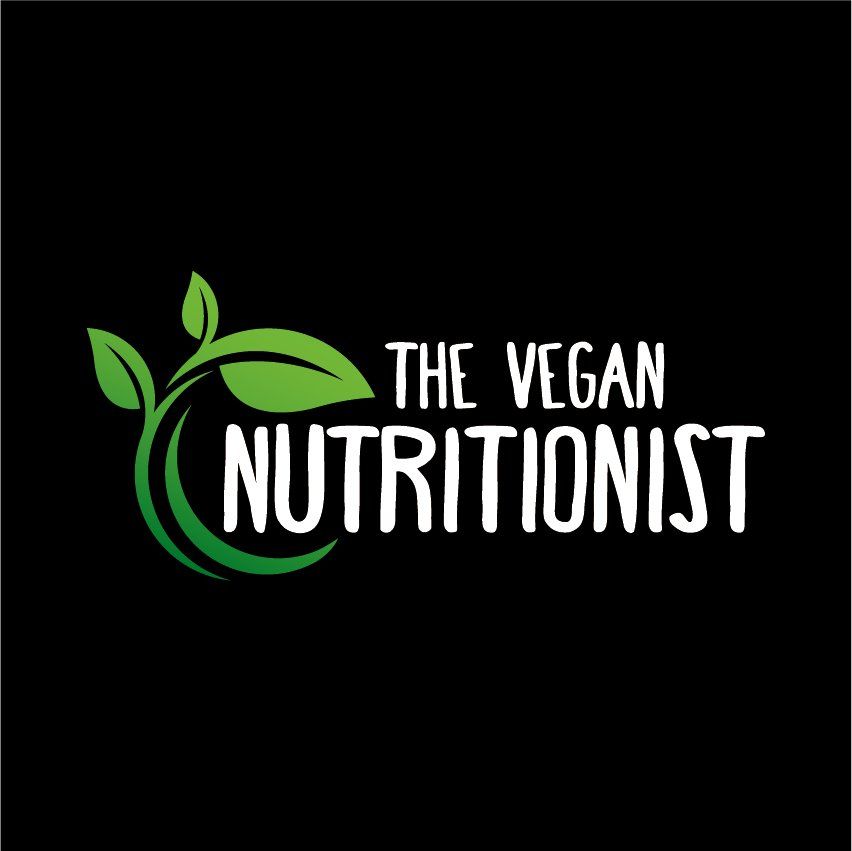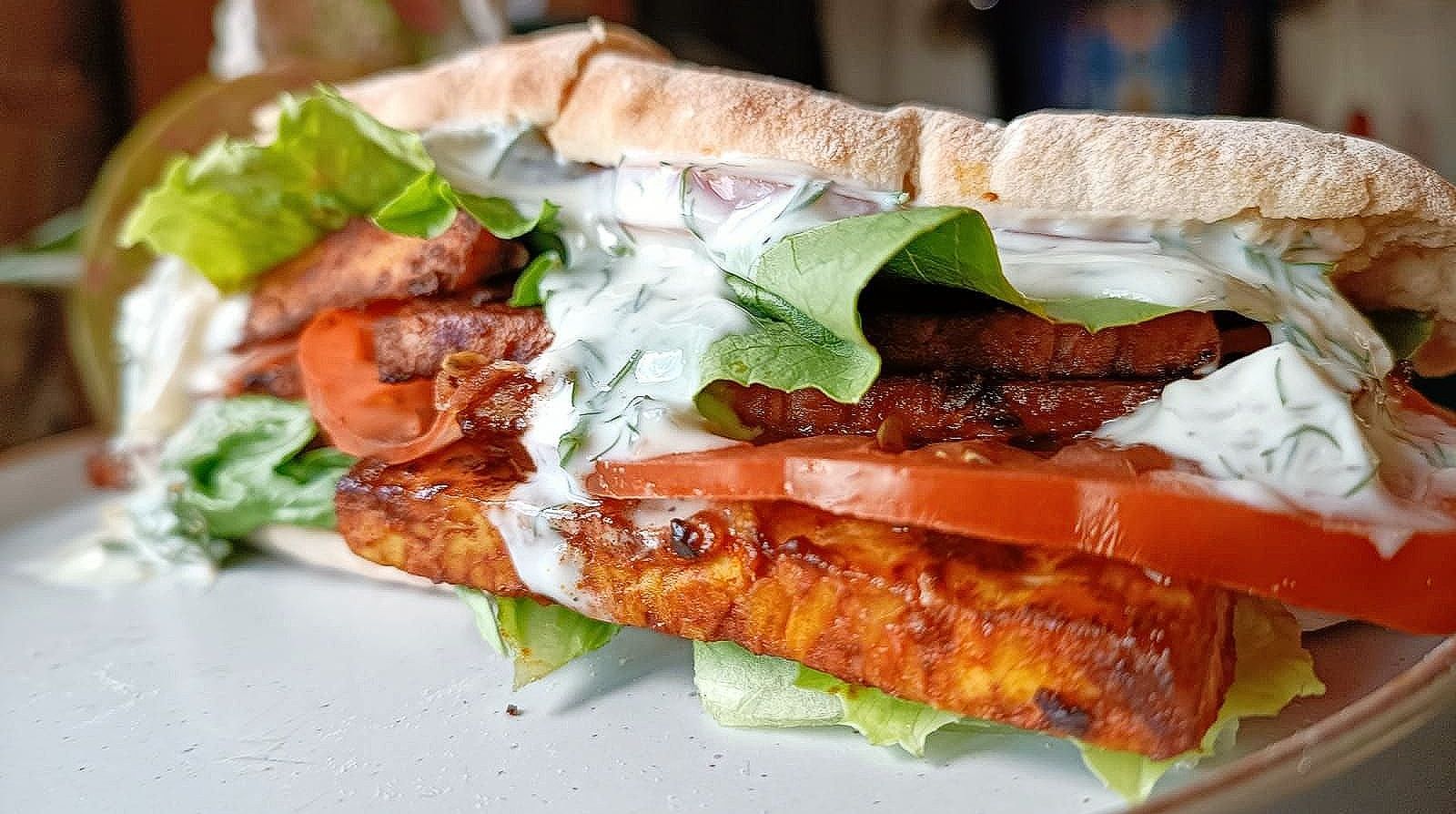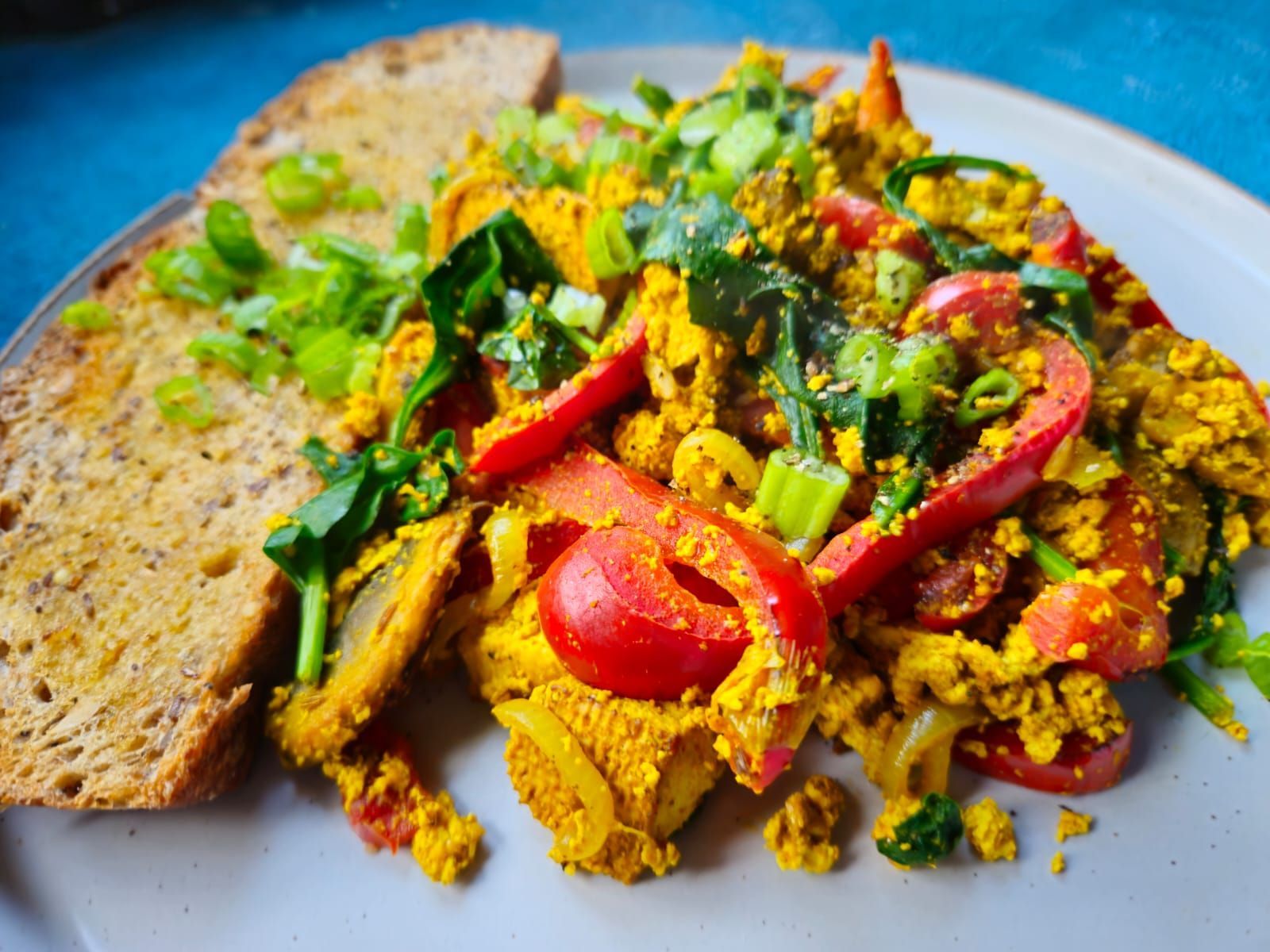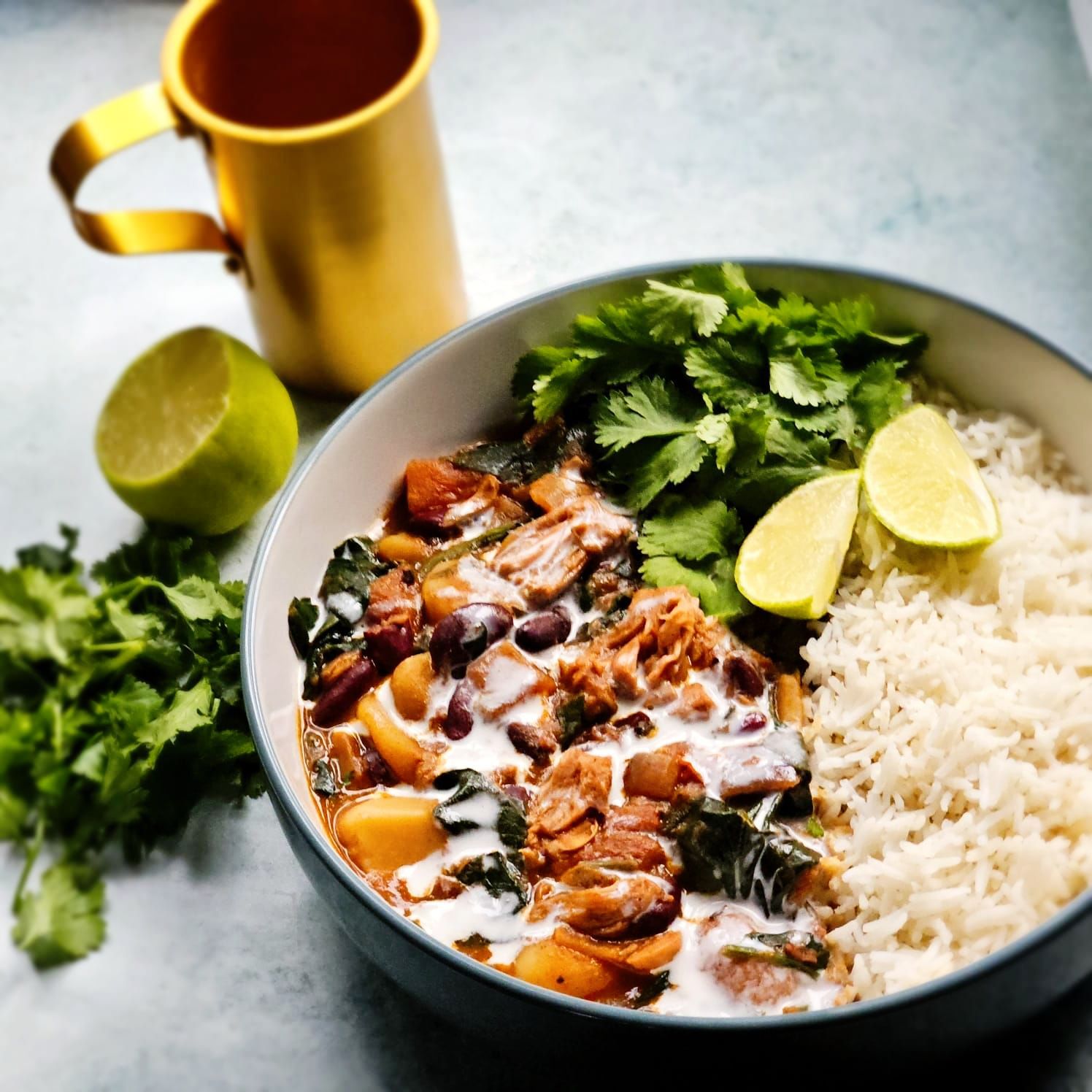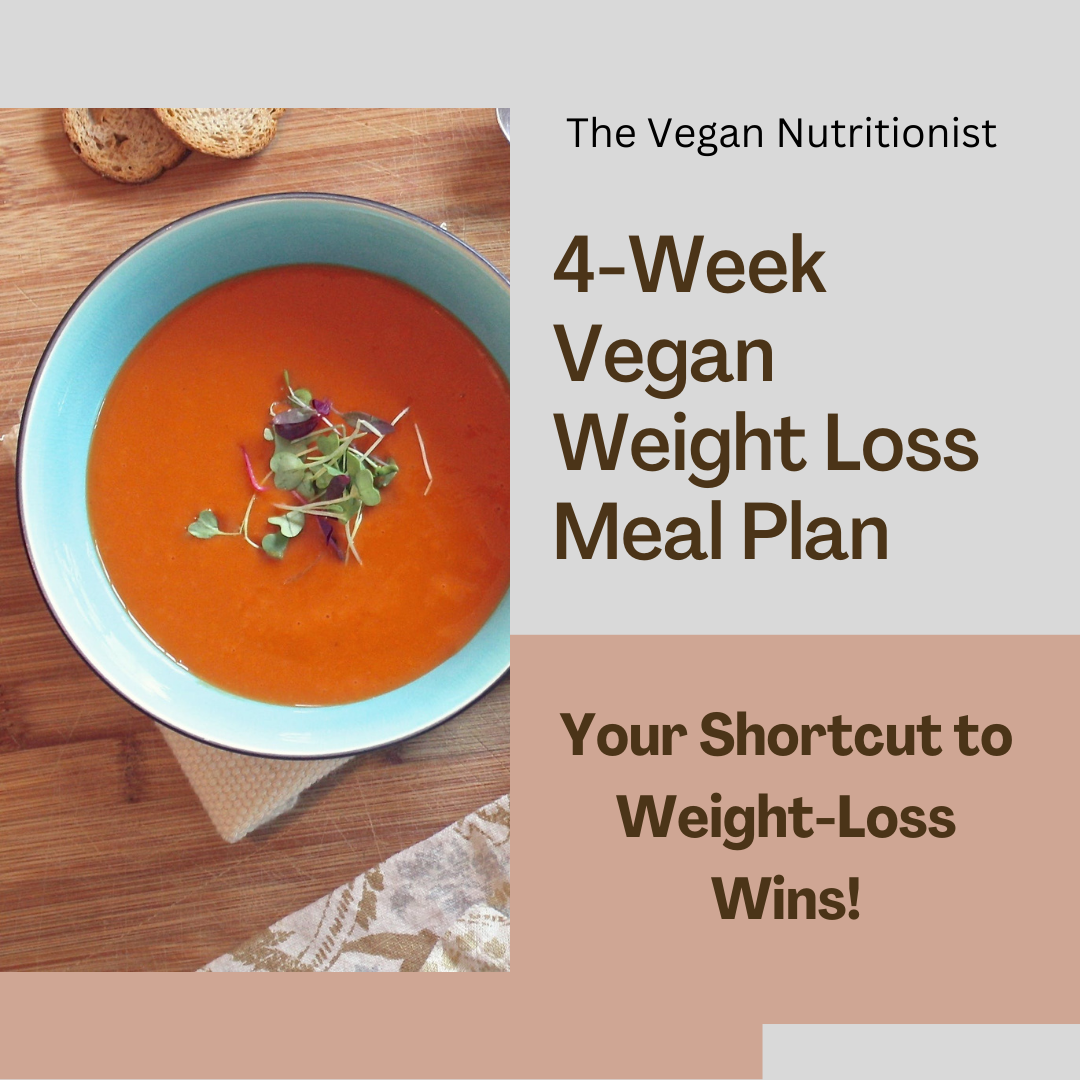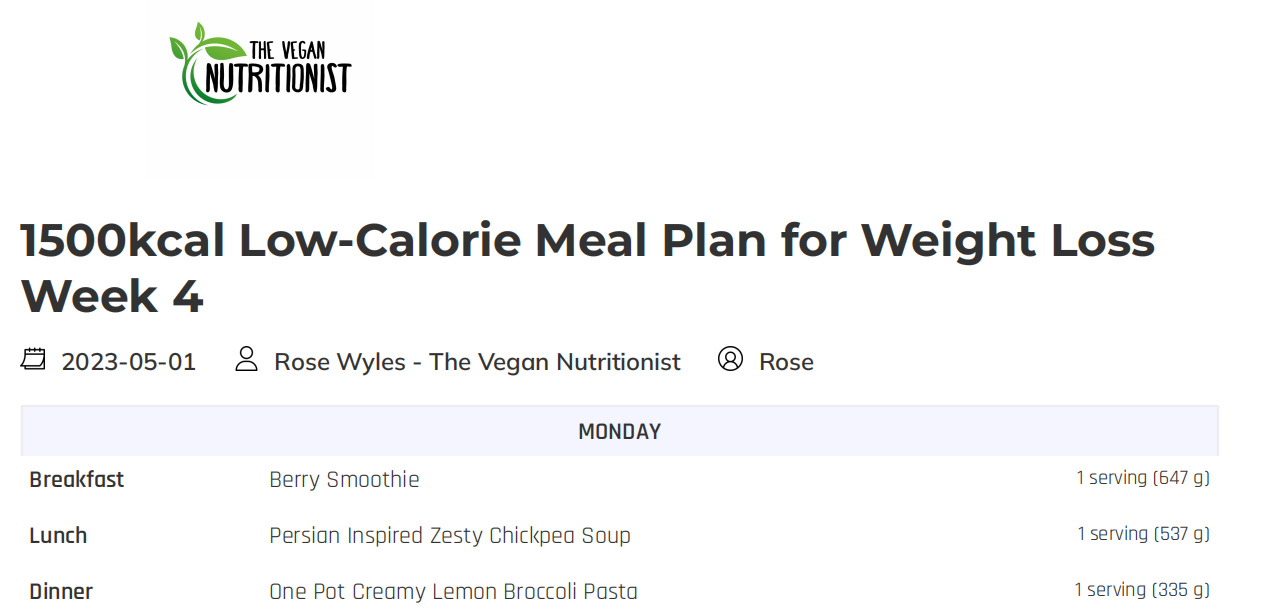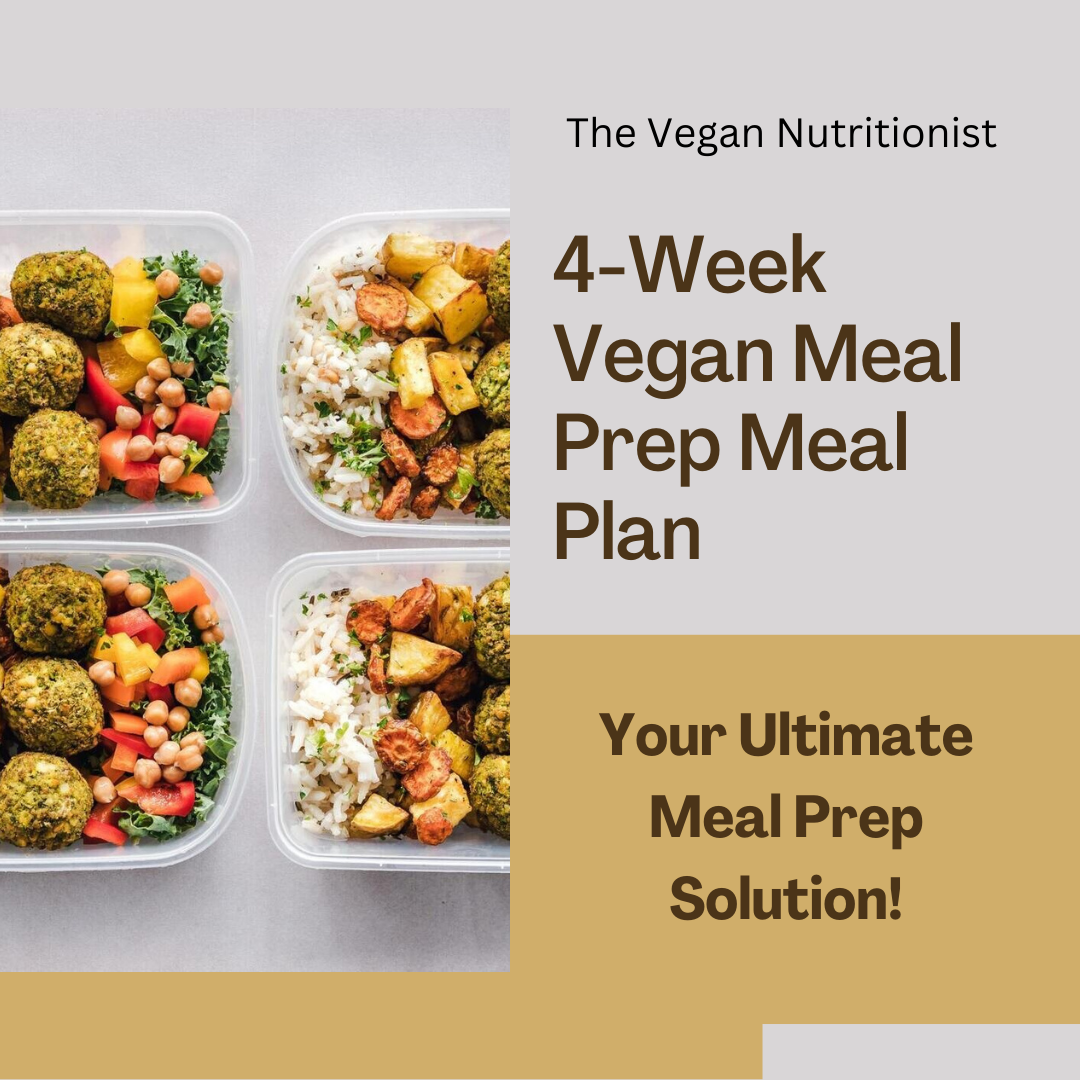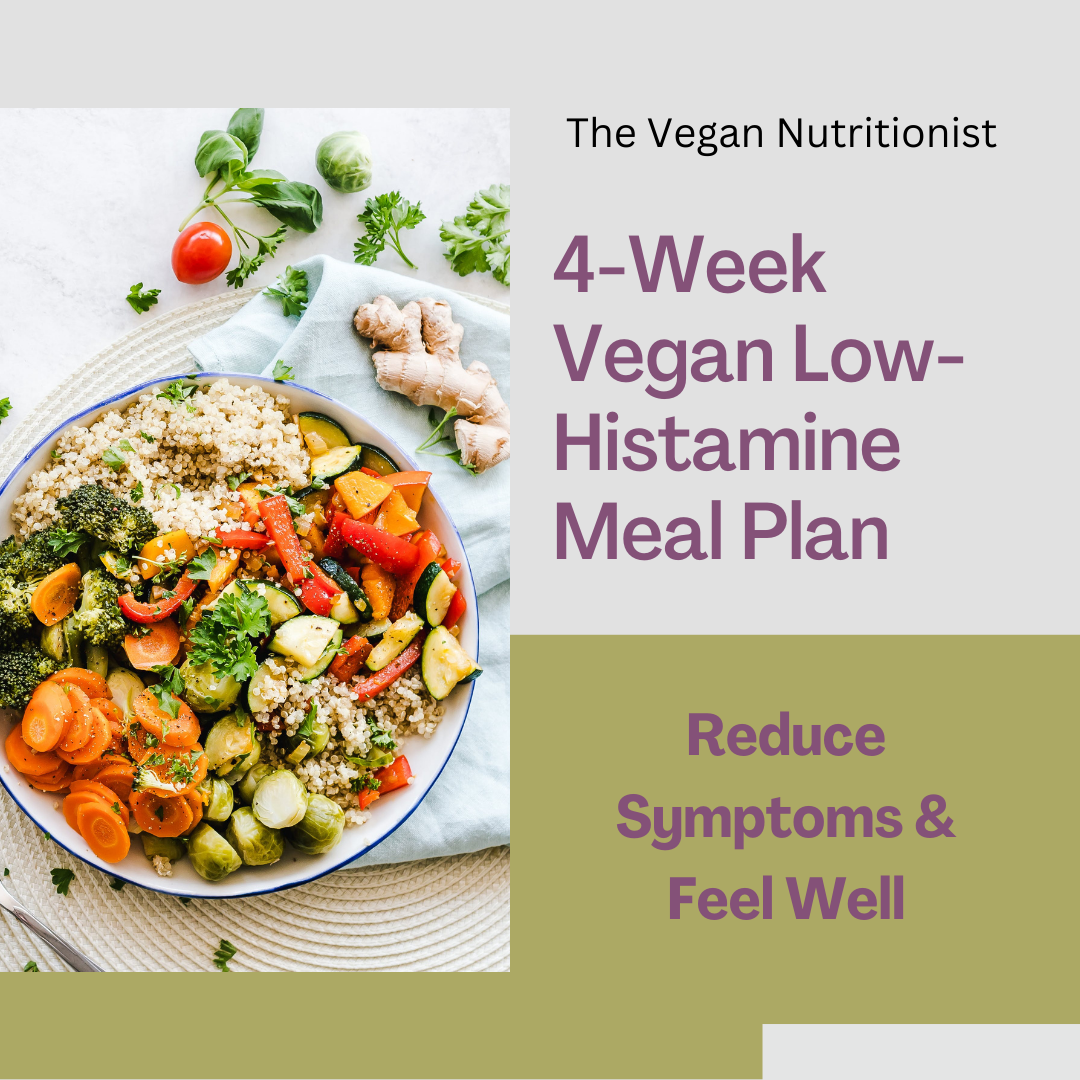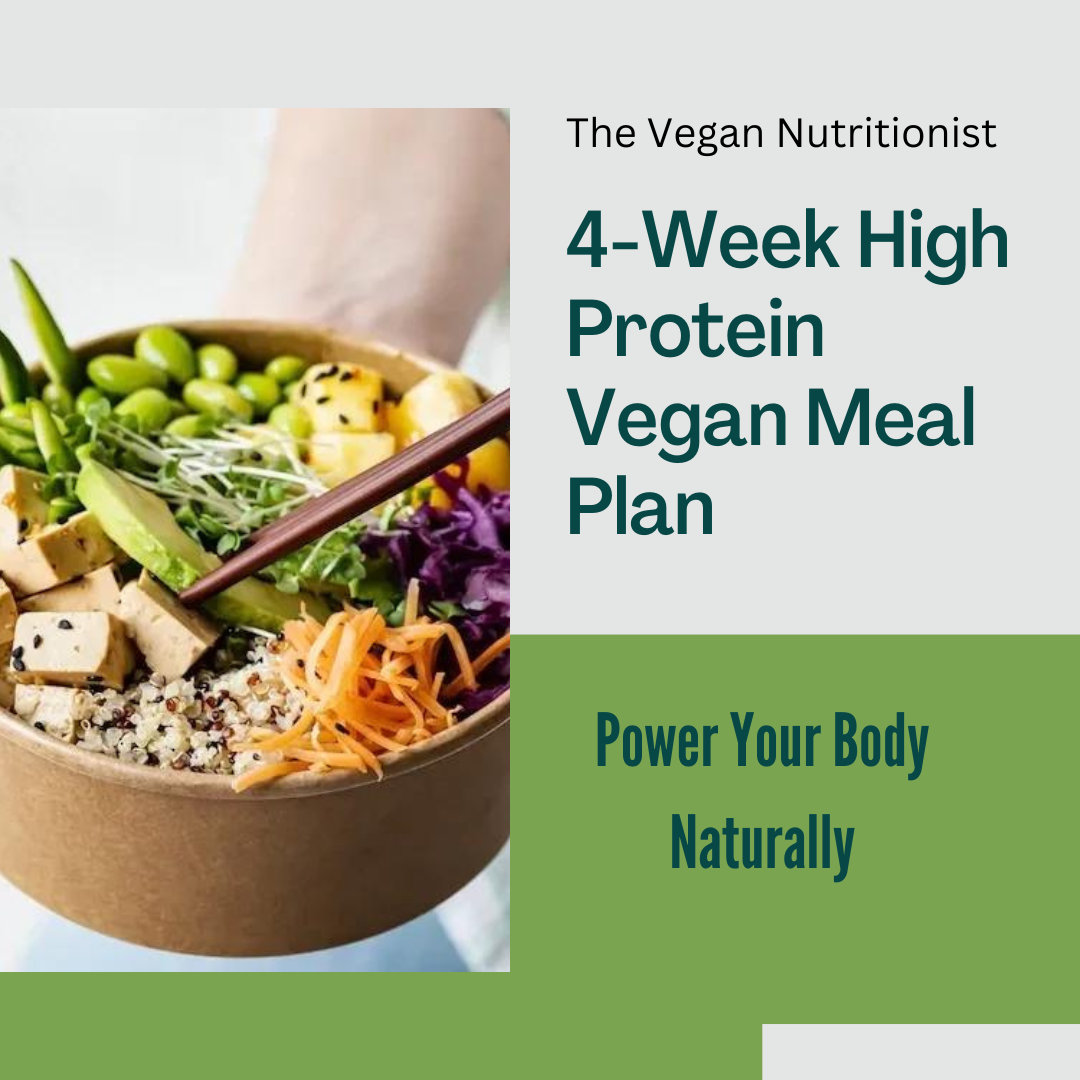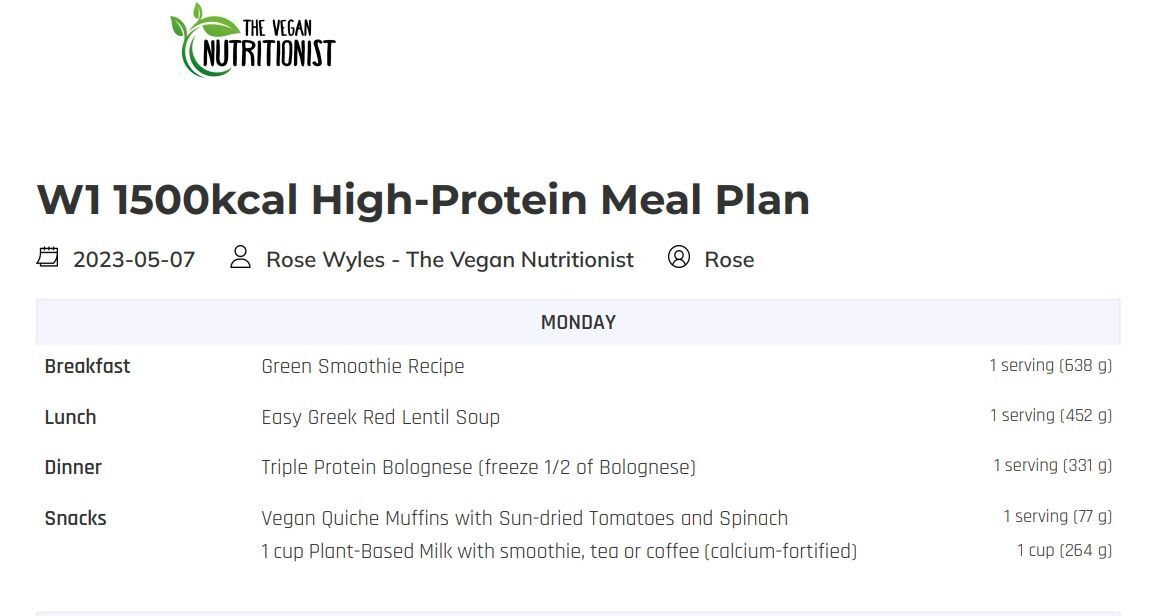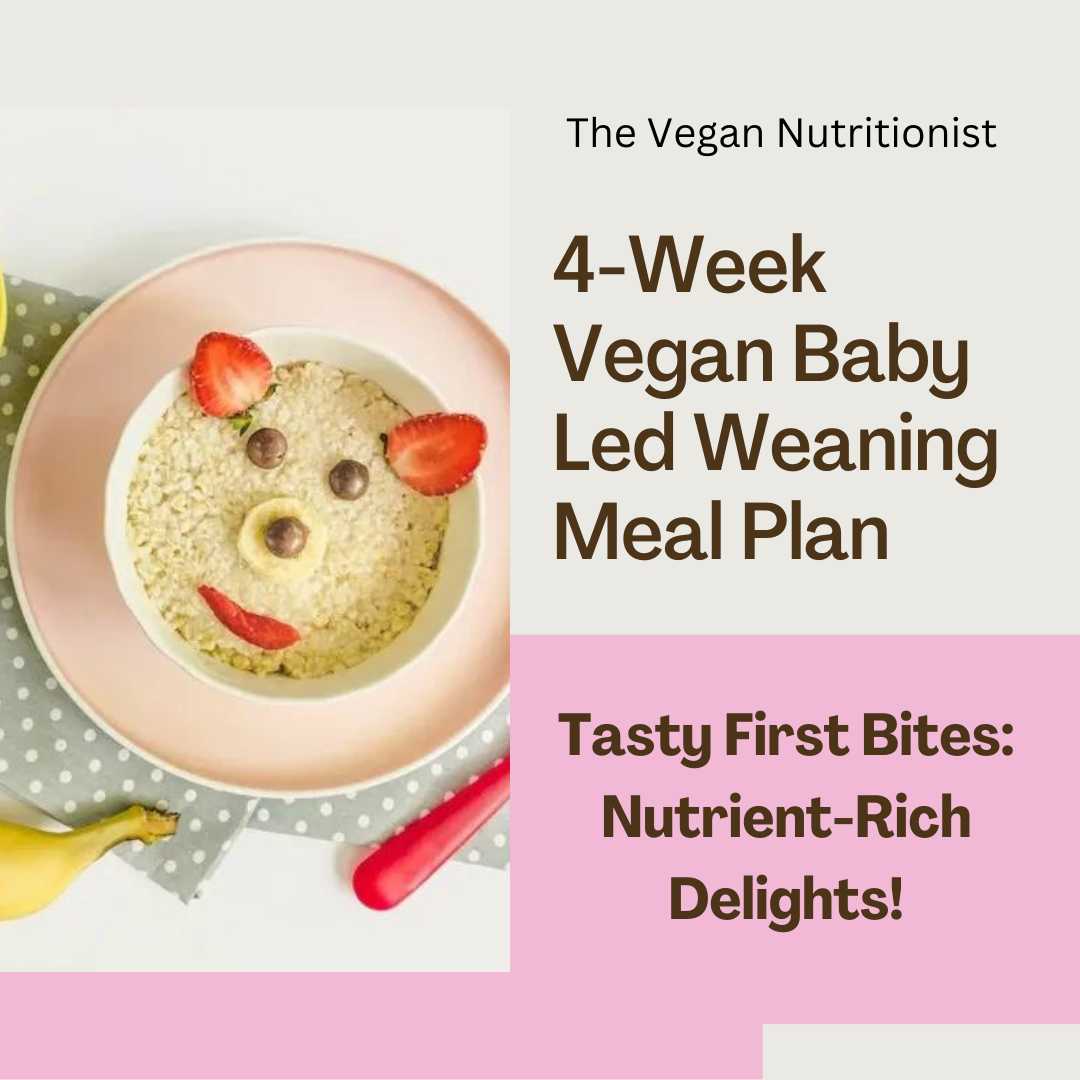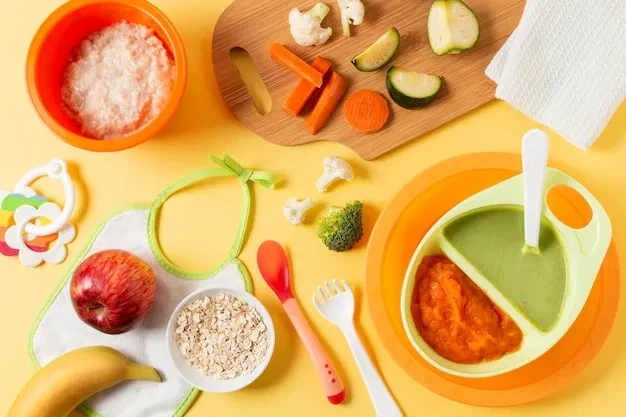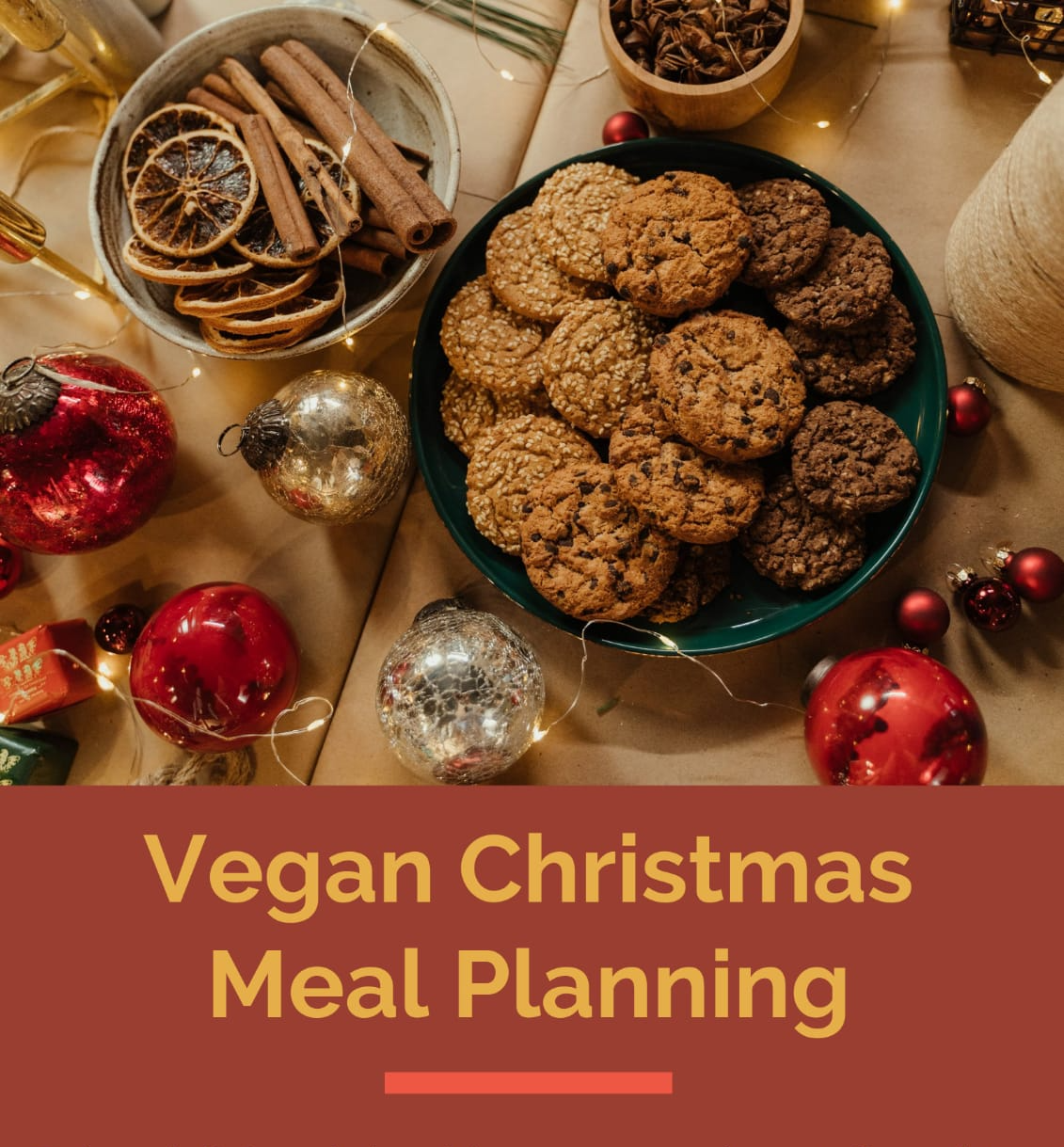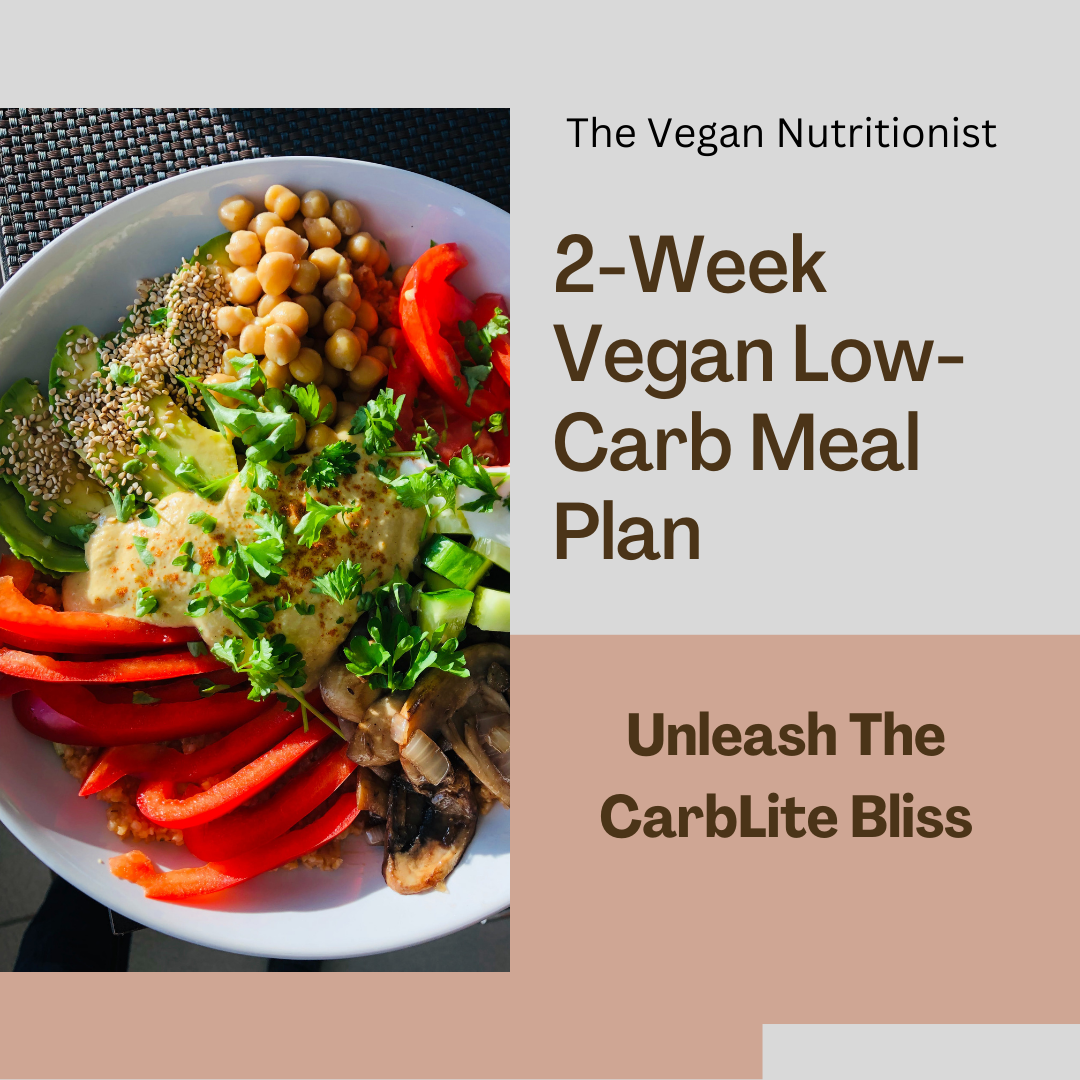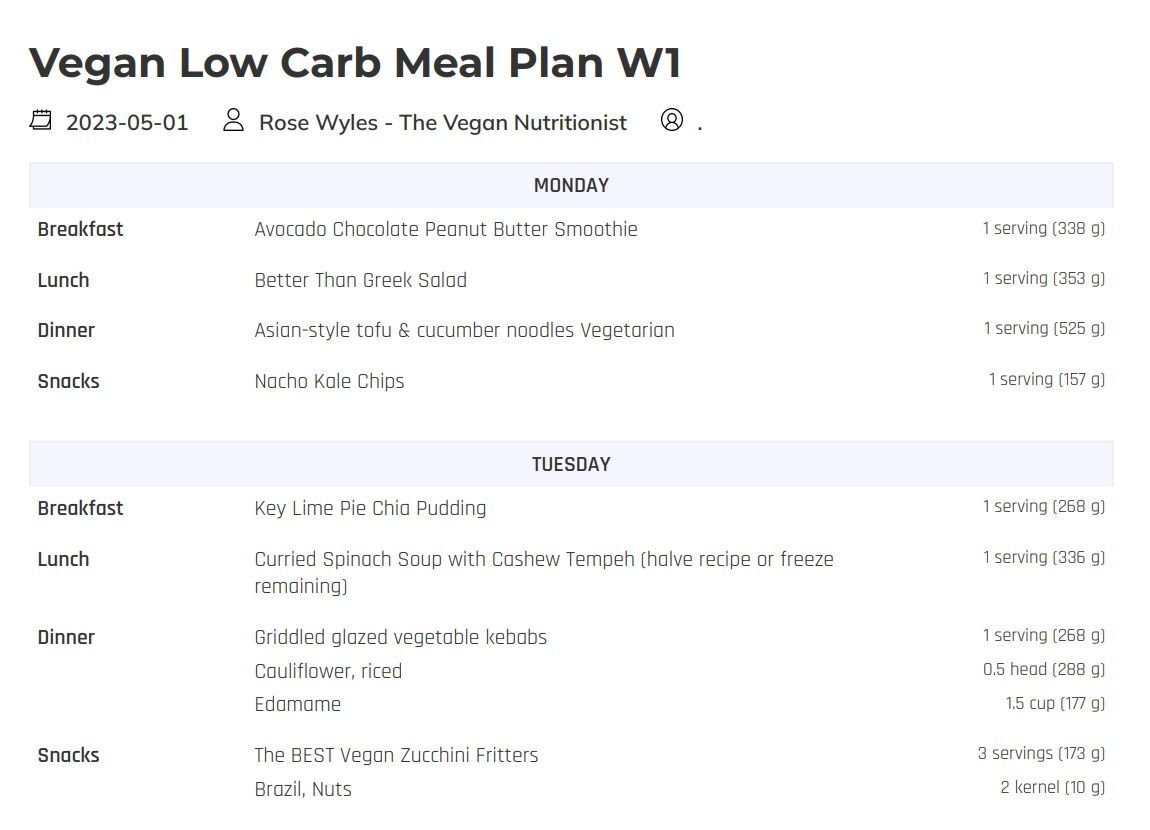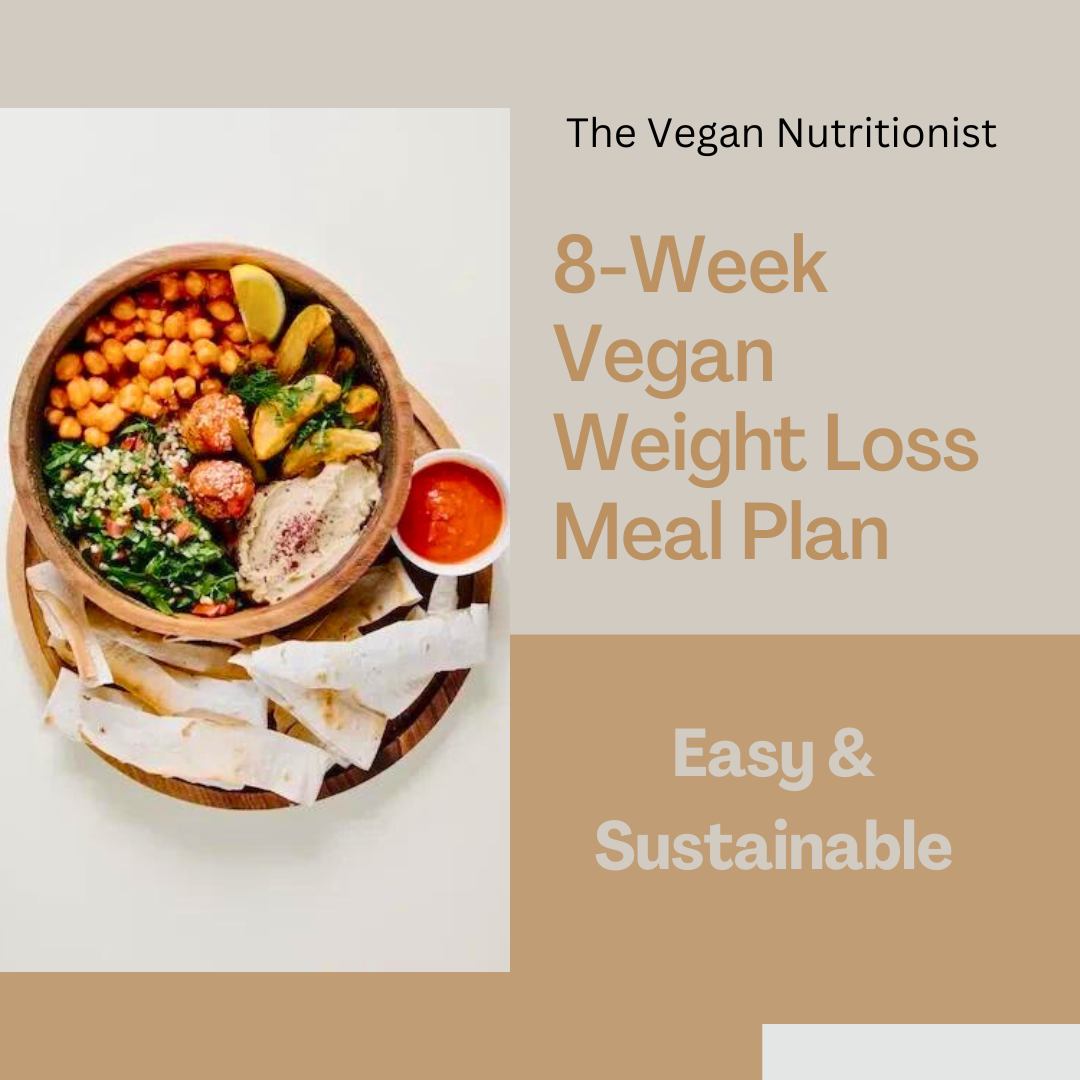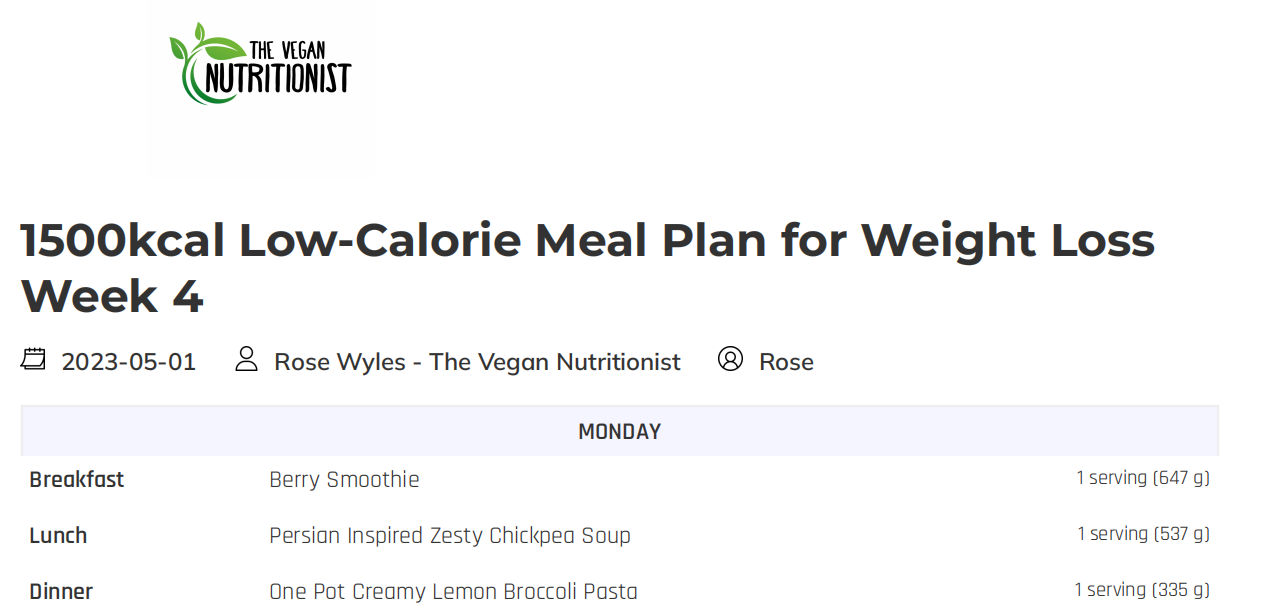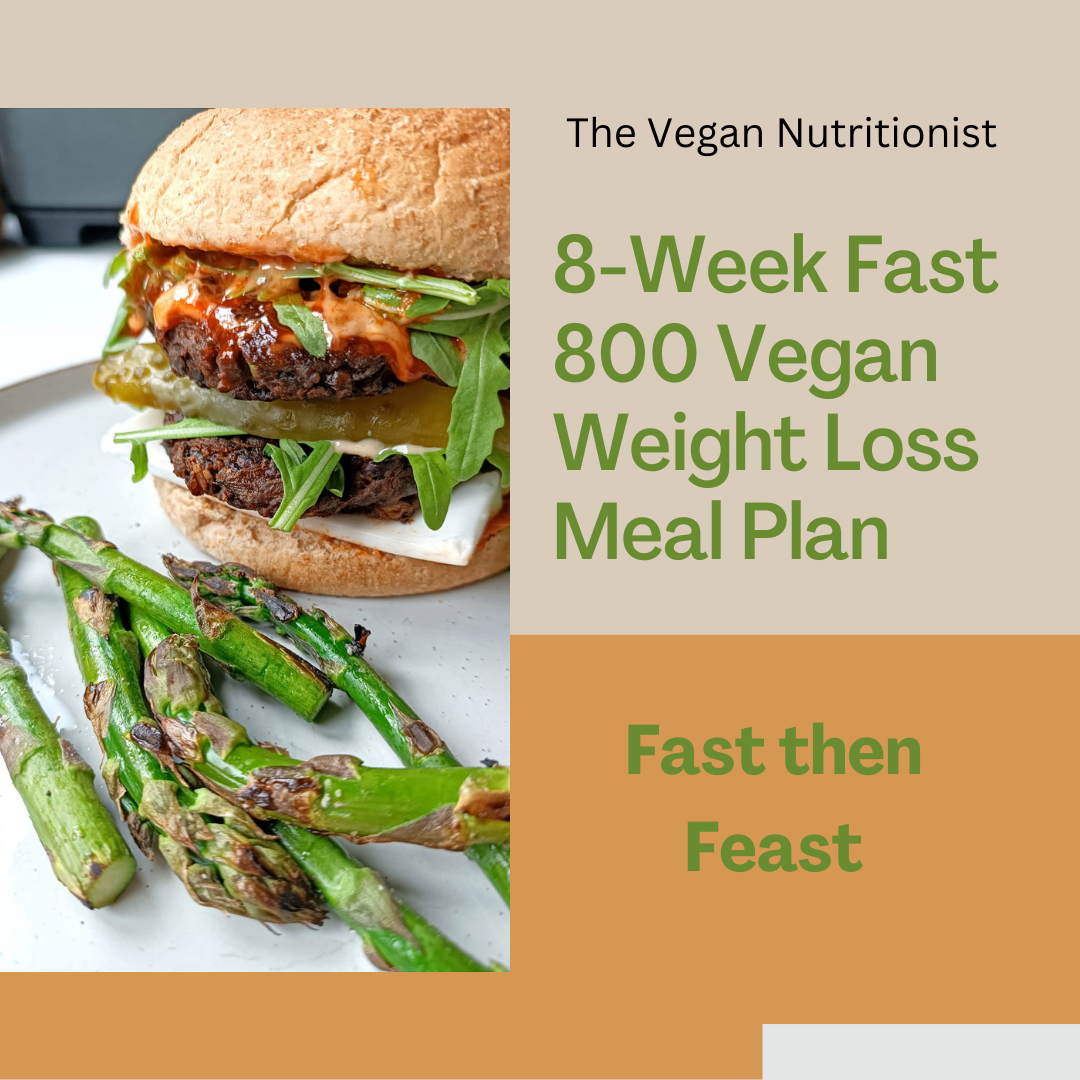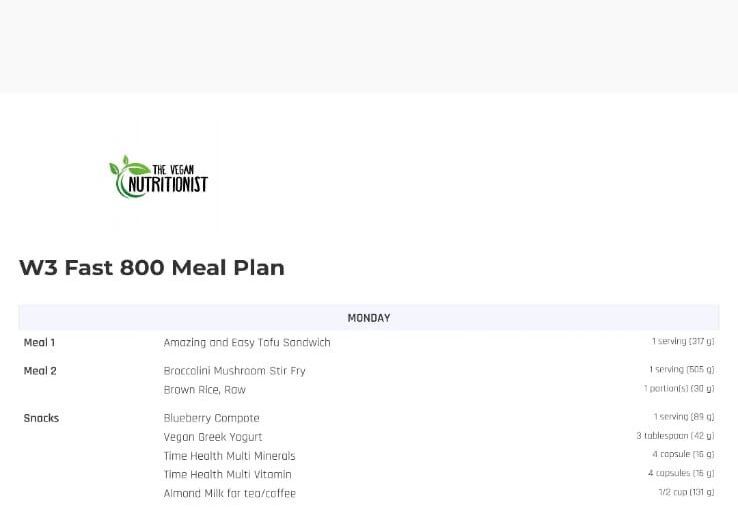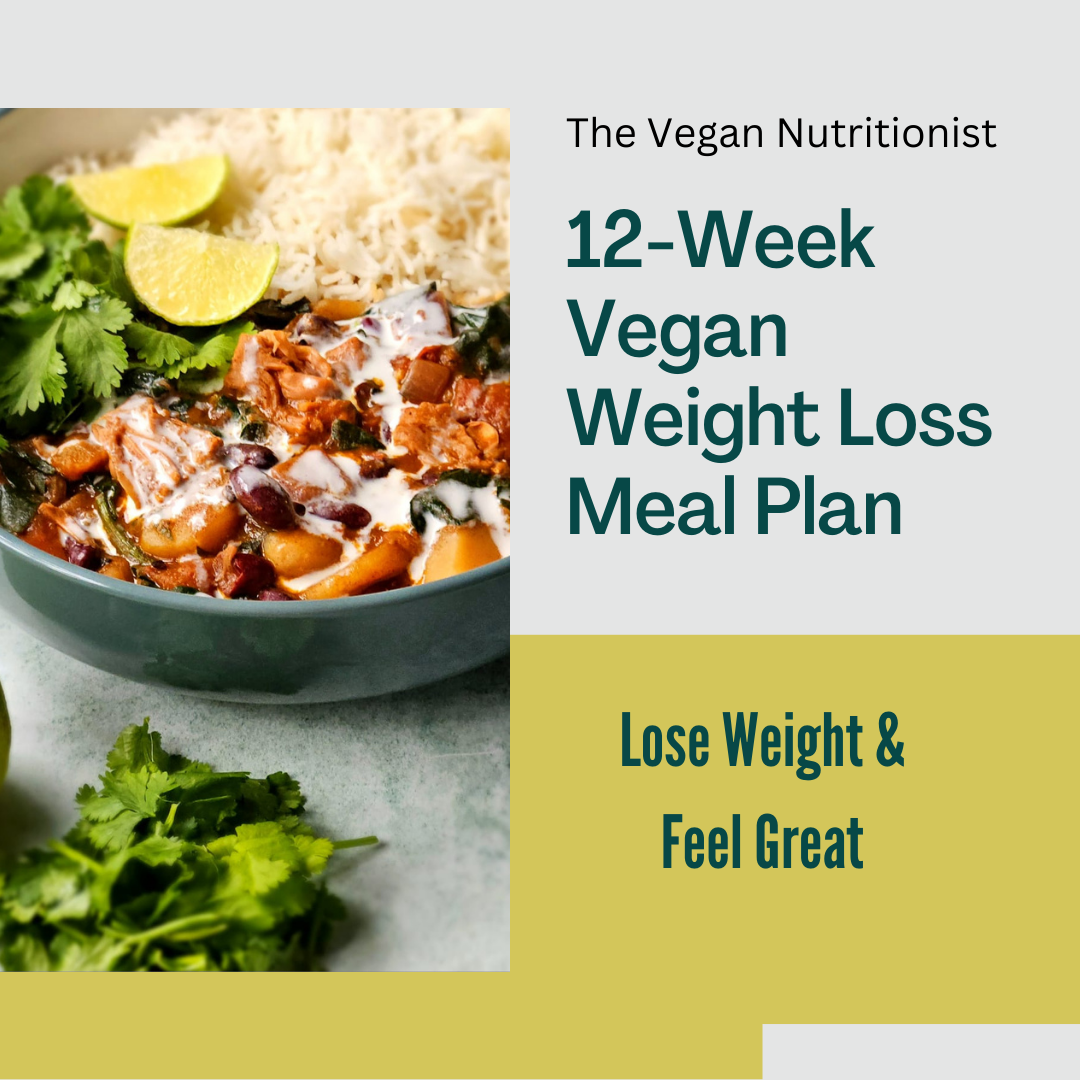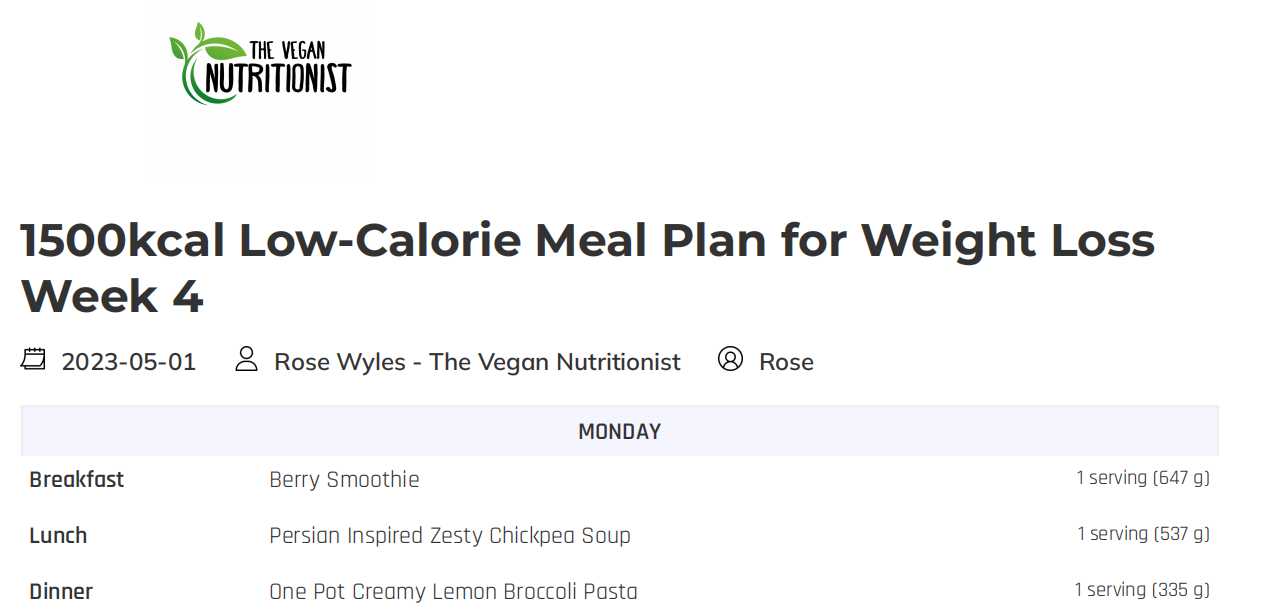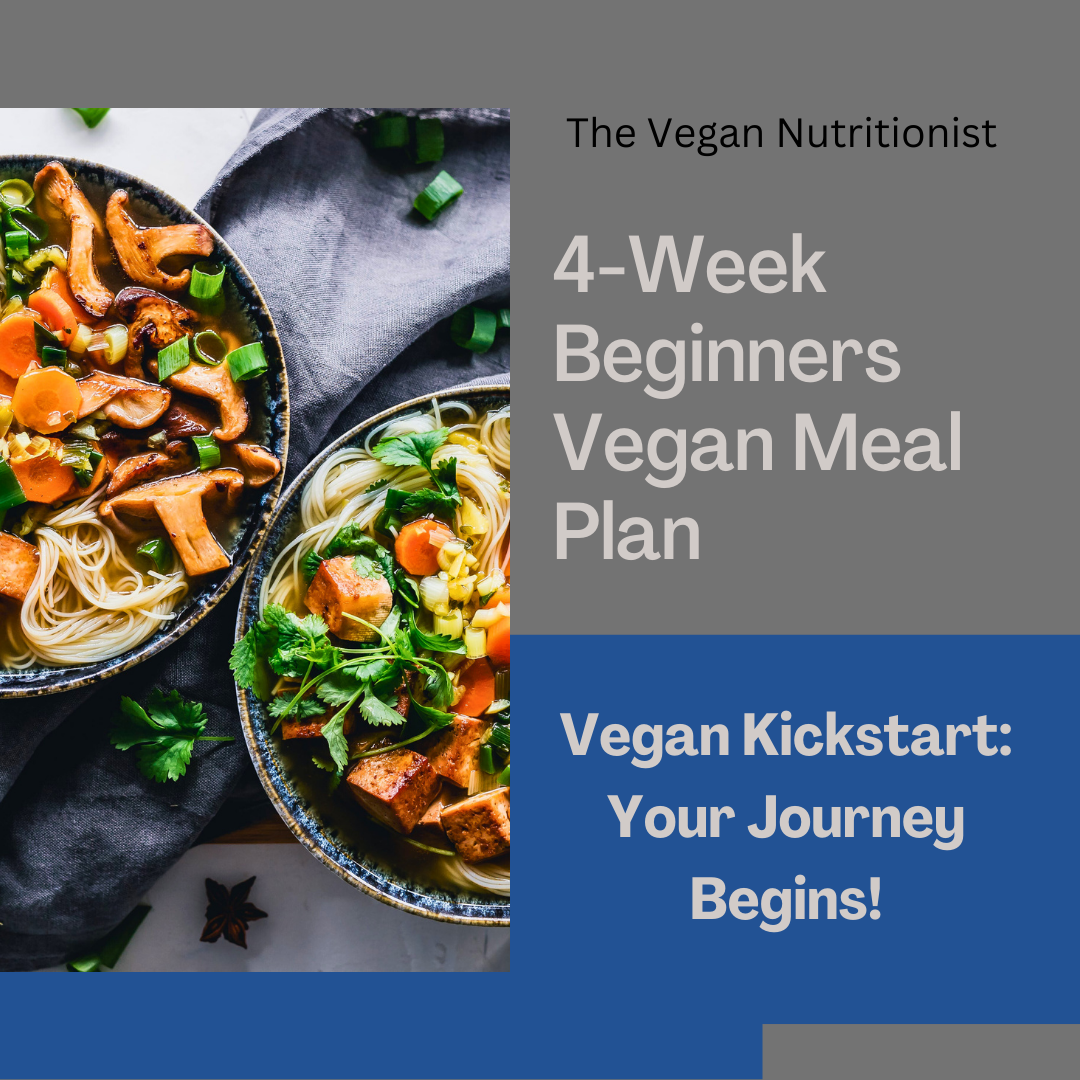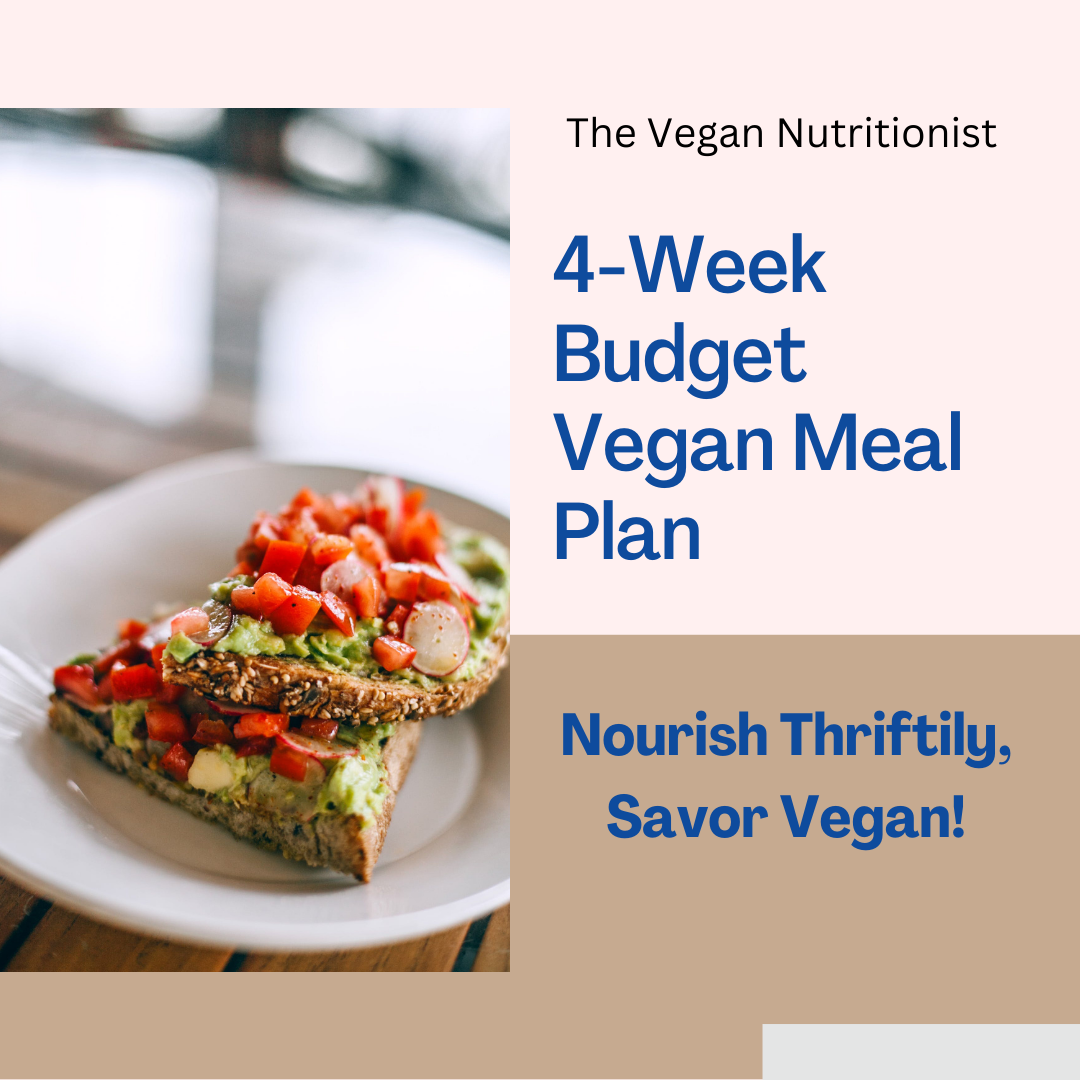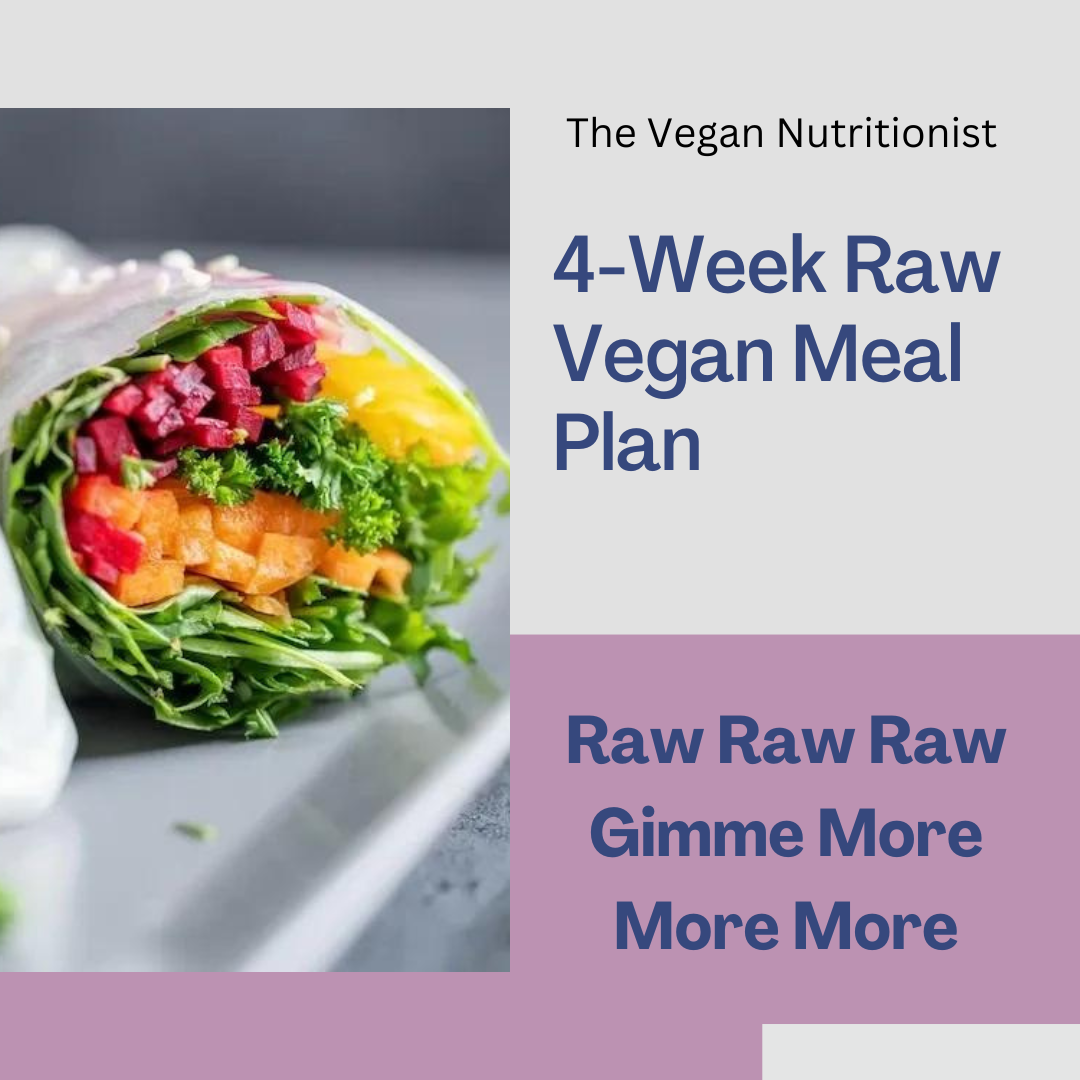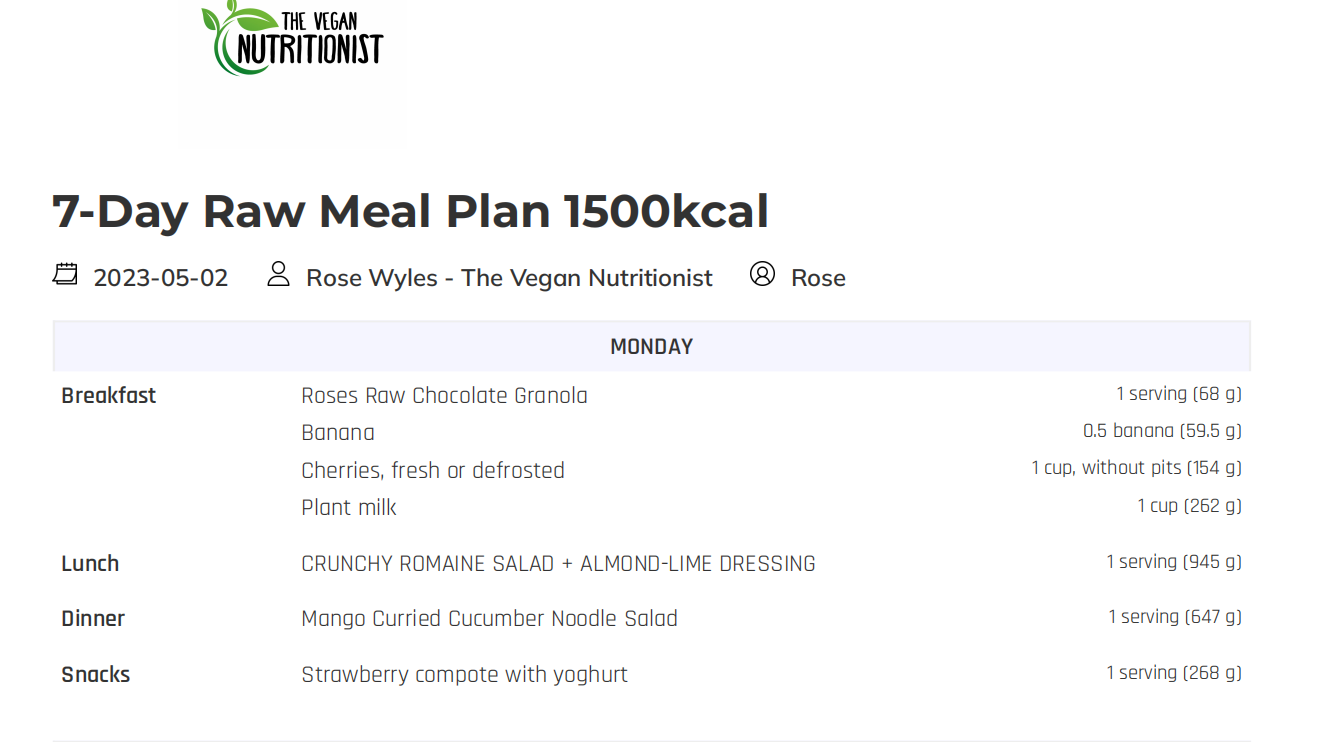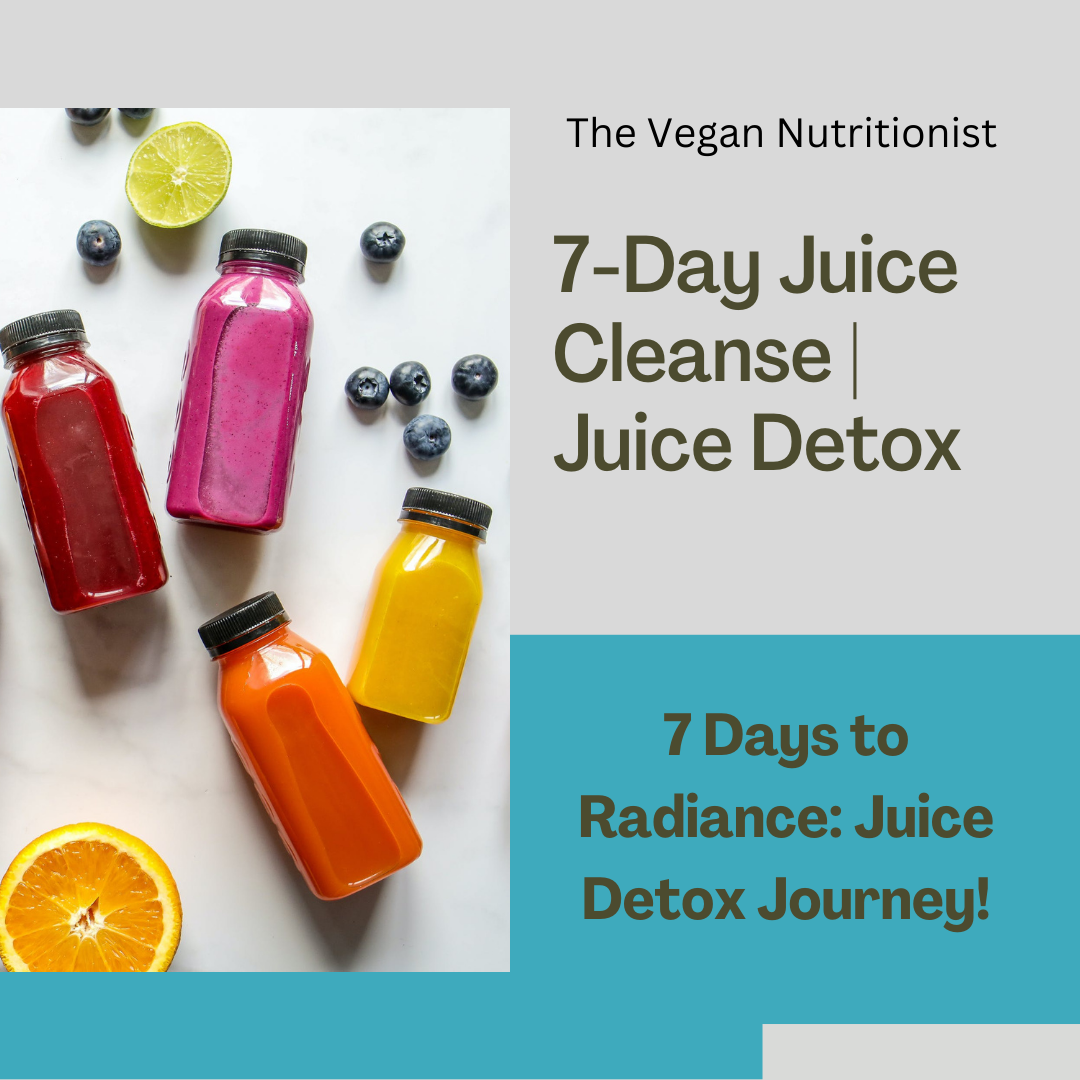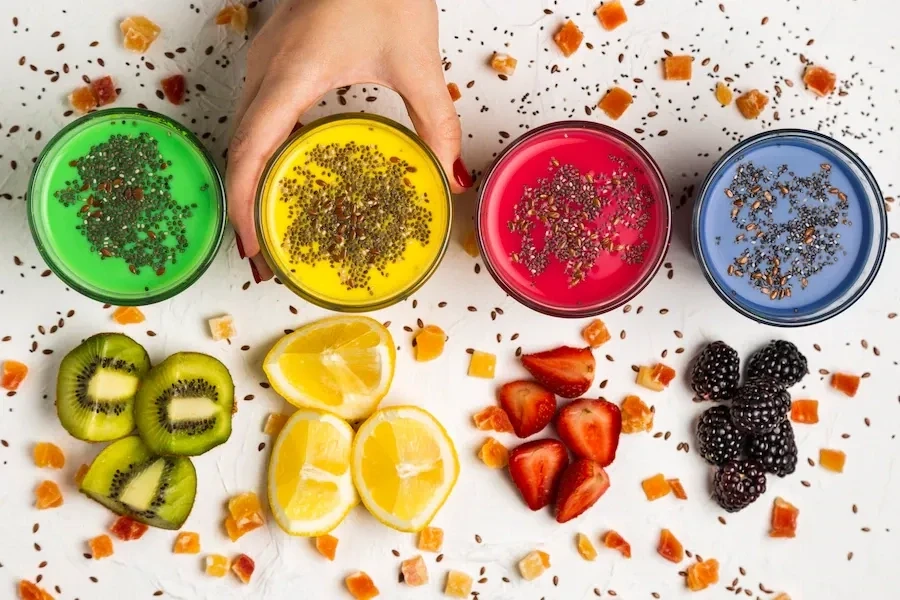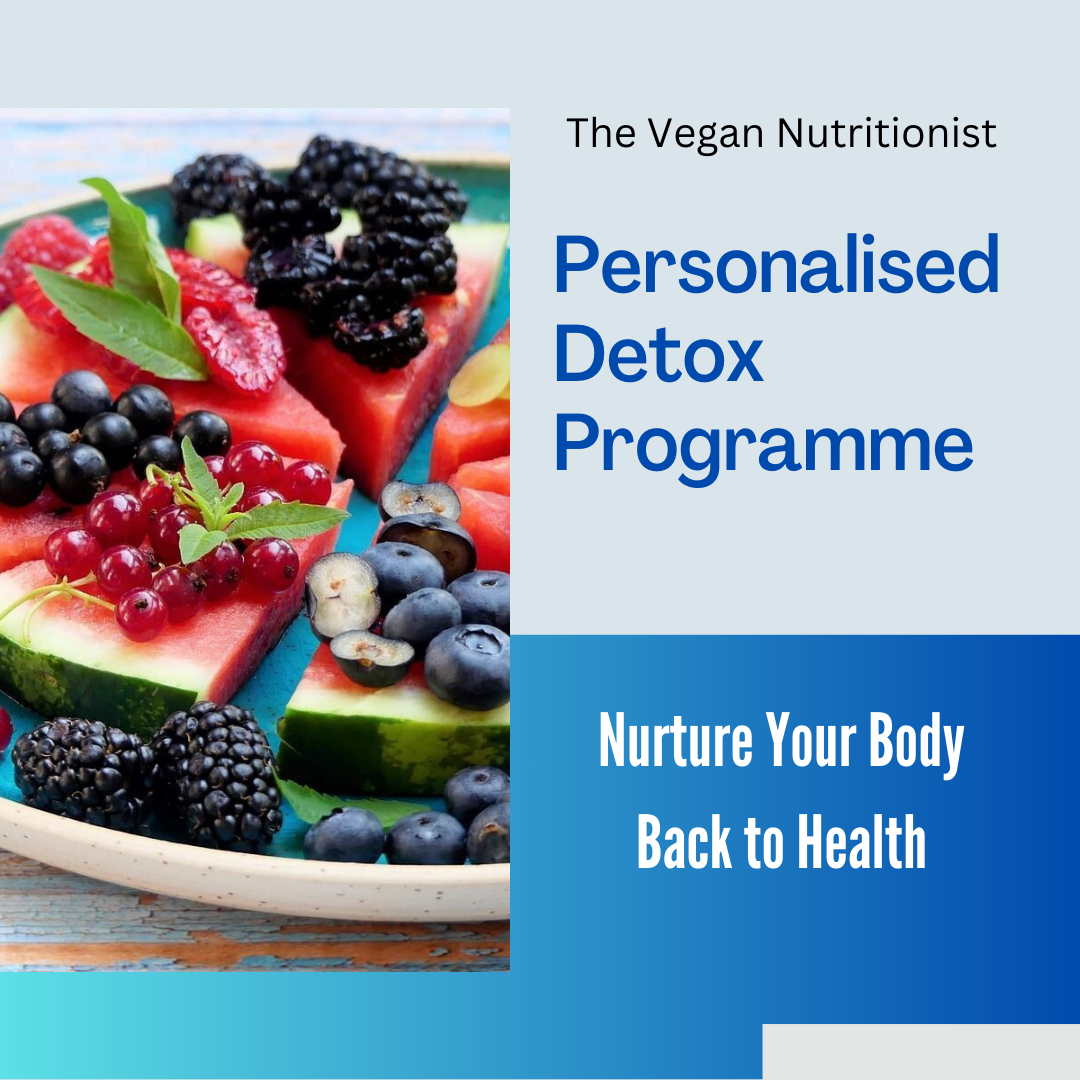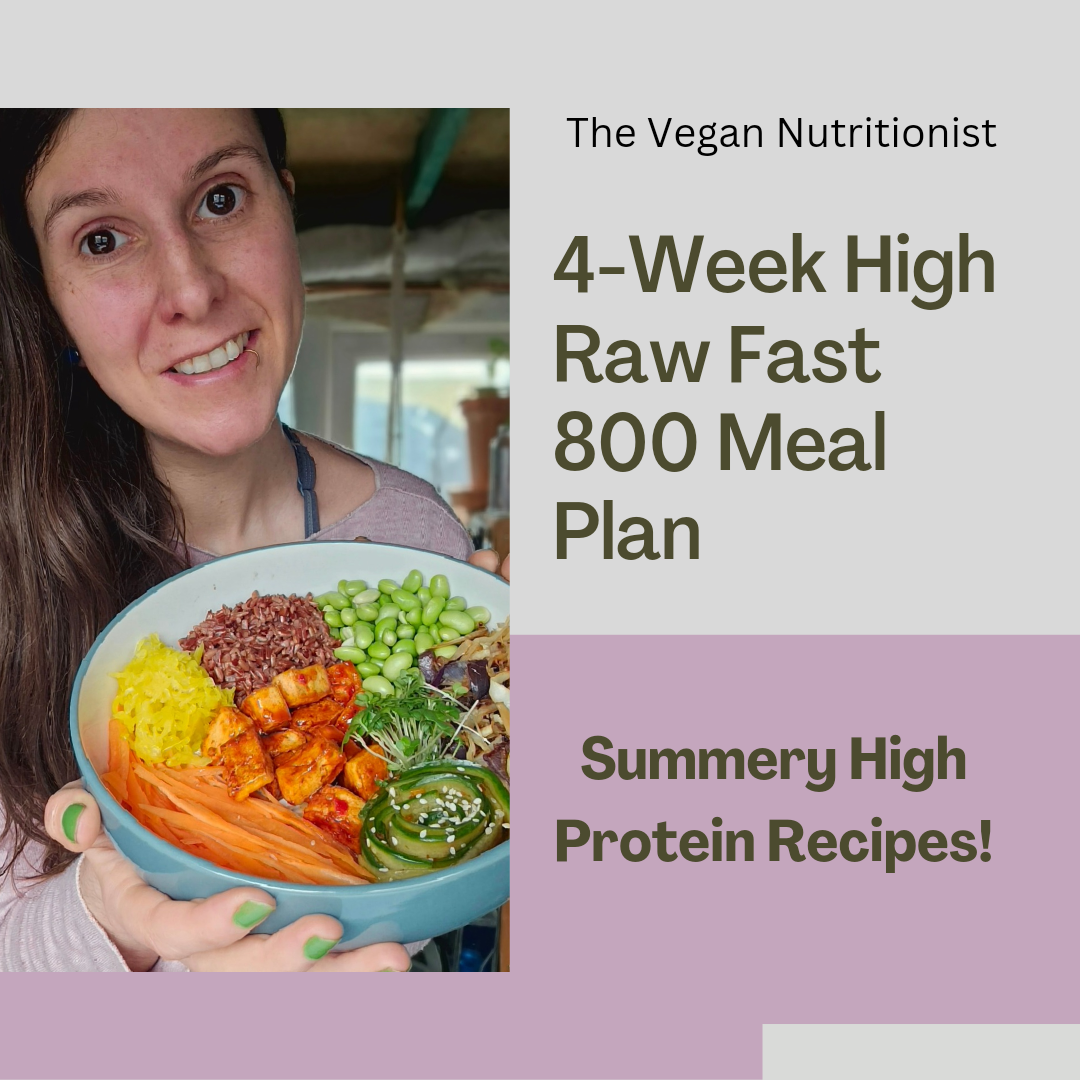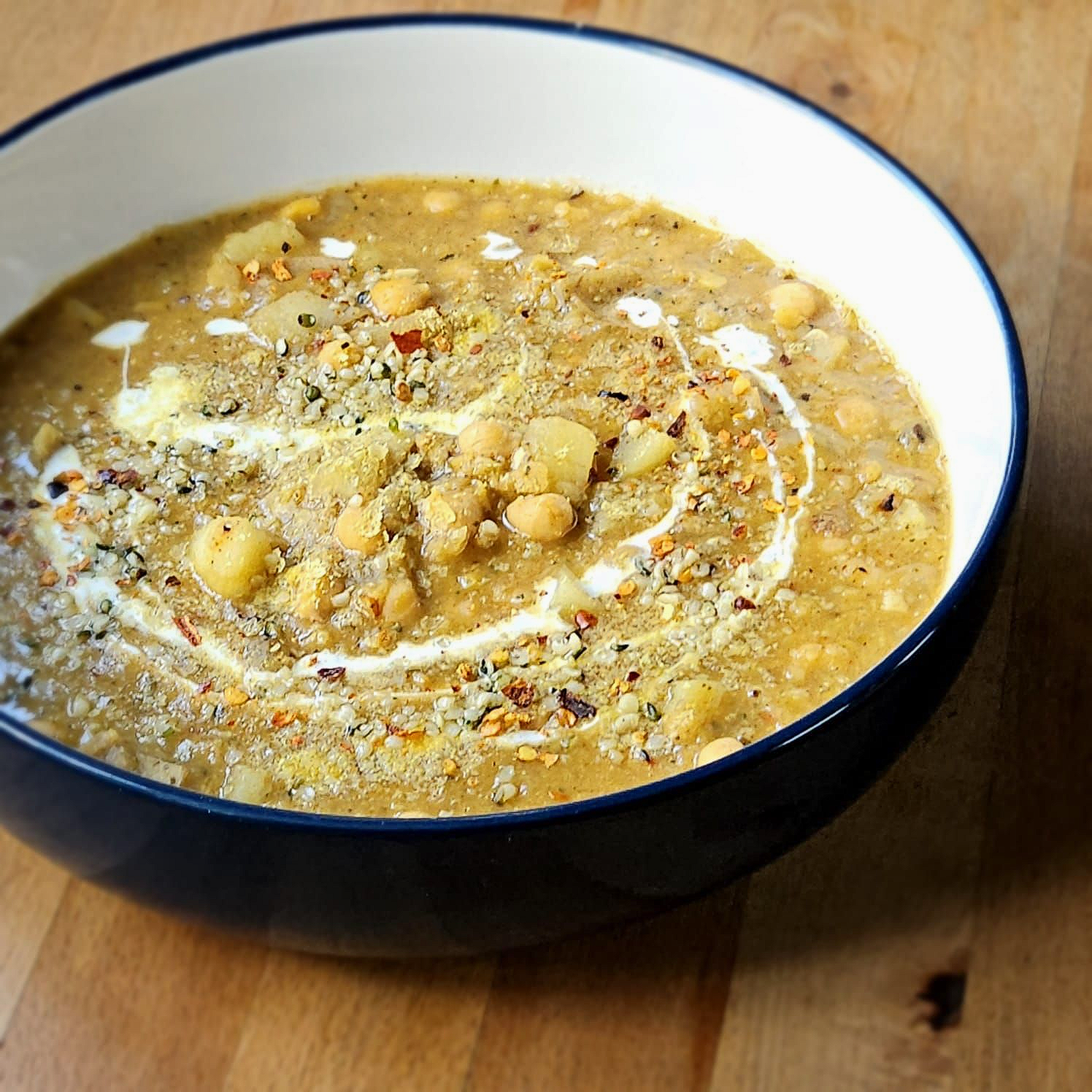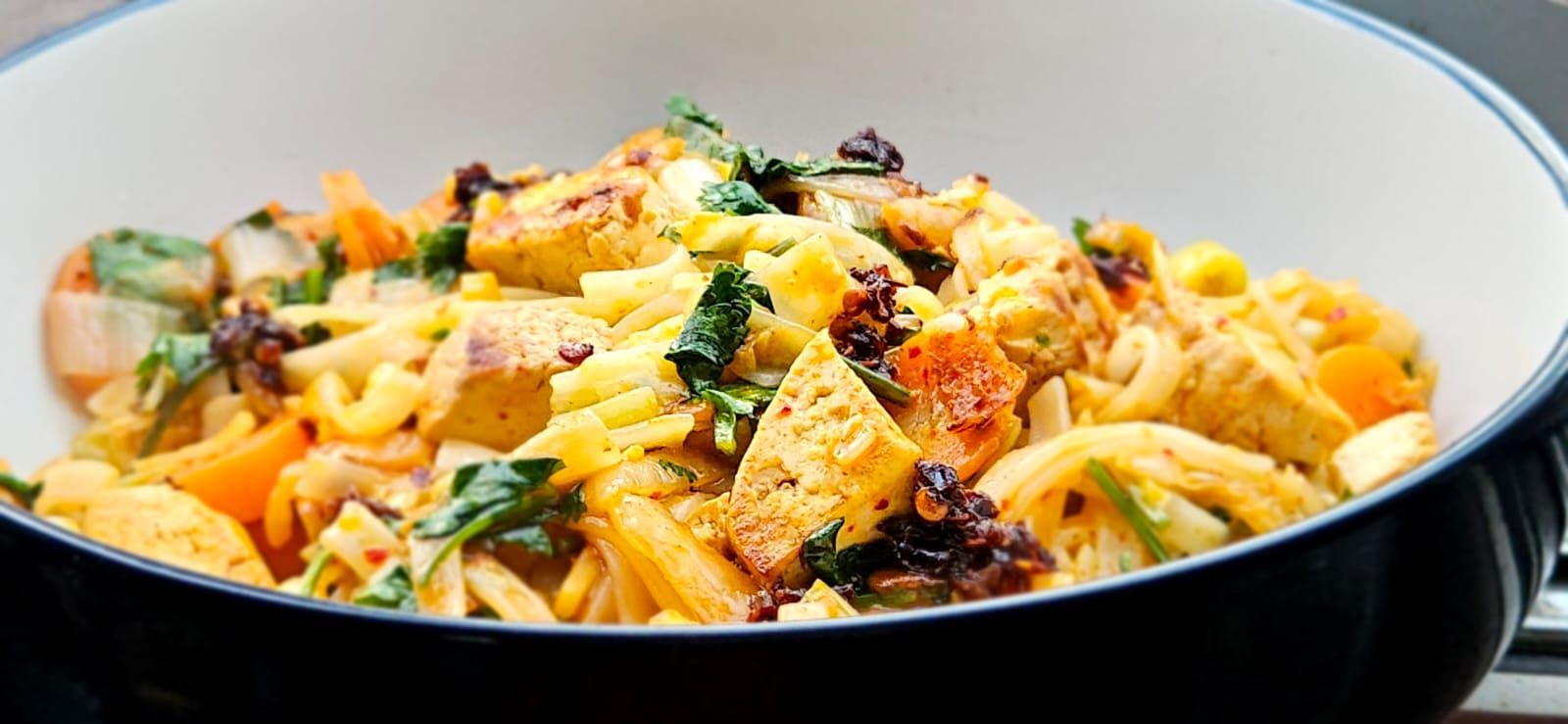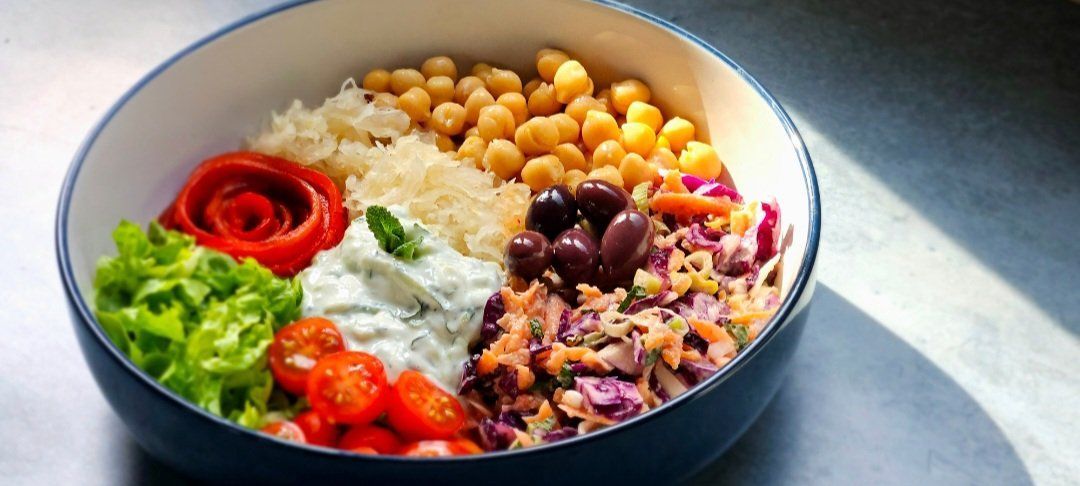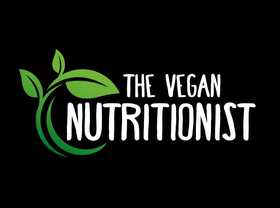Vegan Nutrition Back-To-Basics
Learn about which nutrients you need to focus on whilst on a whole foods plant-based diet.

Getting back to basics is about appreciating the art of cooking, saving money, and realising which conveniences are worth it and which are not.
Sure, over the festive season, it has been fun creating some of the fancy plant-based recipes, but the reality is you have to eat to a level that you feel is sustainable, and that means getting back to basics.
As we know, Veganism is a personal journey we take that challenges and evolves us mentally, emotionally, spiritually, and physically, the part we practice most begins and continues each day in our kitchen, this means we must know our basic nutrition fundamentals, so we'll be discussing the basics of a whole-food vegan diet and basic nutrition knowledge here in this article.
What is a whole food plant-based diet?
A whole food plant-based diet is a way of eating in which you eat an abundance of fruits, vegetables, whole grains, legumes, nuts and seeds. It is not about cutting out foods, but rather focusing on the quality of foods that you consume. It can also include organic and non-GMO produce when available and affordable. It also does not restrict you from enjoying occasional treats or drinks.
Personally, I think having a flexible approach to your whole foods diet is really important. Rather than all or nothing, instead, focus on having a whole foods diet for the majority of the time and limiting the number of processed foods and sugars as much as possible for you.
Whole food plant-based nutrition is not about weight loss as it focuses on finding balance through eating a wide variety of wholesome plant-based foods. It is a common sense approach to eating that promotes health and longevity. It focuses on eating lots of colorful fruits and vegetables, whole grains, and plant proteins rather than highly processed foods.

Nutrition Basics: macronutrients, micronutrients, vitamins, and minerals:
Micronutrients are nutrients that are present in smaller amounts in the body. Vitamins such as vitamin C, vitamin D, vitamin E, vitamin K, and vitamin B are indispensable for normal growth and development. Minerals include phosphorus, potassium, sodium, chloride, calcium, magnesium, and iron to name a few. These are necessary for a healthy functioning body and are essential for the body’s metabolism.
All foods contain a mixture of carbohydrates, fats, and proteins. They are referred to as macronutrients. Carbohydrates provide the body with energy, fats provide energy and insulation for the internal organs, and protein helps build and repair tissues.
- Carbohydrates make up the largest percentage of calories in a diet and provide important nutrients and fiber that are necessary for proper digestion and disease prevention.
- Fats provide a variety of benefits to the body as well. They are essential to the proper functioning of the brain, skin, and nervous system. They provide insulation for the body and help regulate body temperature. They also provide insulation for the organs as well as hormones and essential fatty acids necessary to maintain healthy bodily functions.
- Protein is another important component of a healthful diet and provides many benefits to the body. It provides essential amino acids that are needed for growth and repair of body tissues and helps with the formation of hormones and enzymes. It also helps maintain muscle mass and helps to prevent muscle loss during periods of weight loss or inactivity.
These macros are found in varying quantities in different foods. The body requires these macro-nutrients in varying amounts depending on several factors including age, activity level, and gender.
Essential nutrients vegans should focus on:
A whole foods vegan diet is the healthiest diet globally; however, we can't ignore the fact that this diet lacks a few essential nutrients or at least does not offer adequate amounts. Thus, you may have to be more intentional with your intake and, to some extent, incorporate a dietary supplement.
Some of these nutrients include:
Vitamin B12
Vegans could become deficient in this nutrient simply because it's not naturally present in plant foods.
And although the body only needs minimal amounts to keep going, vegan diets can still become deficient in the nutrient, leading to complications such as anemia, heart disease, bone issues, and nervous system damage.
The best way to ingest vitamin B12 is through fortified foods, including nutritional yeast, marmite, cereals, and plant-based milks. But if one is not consuming enough of those, it's advisable to take a vegan B12 supplement.
Long-chain Omega 3's
Omega-three fatty acids from whole foods are essential for different functions, including:
- Reducing triglycerides
- Lowering blood pressure
- Lowering cholesterol
- Improving mental health
- Protecting the heart
- Fighting inflammation
- Preventing Alzheimer’s
They are divided into three types:
- Essential Alpha-linolenic acid (ALA)
- Long chain Eicosapentaenoic acid (EPA)
- Docosahexaenoic acid (DHA)
ALA is an essential fatty acid because the body cannot produce it, so you must obtain it through food. Luckily plant foods such as chia seeds, flaxseed, hemp seed, and walnuts are packed.
As for EPA and DHA, they are naturally present in animal products but lacking in plant foods. Though the body can still produce them through ALA, research shows that vegans and vegetarians can gain plenty of ALA to convert into EPA and DHA if they regularly consume certain ALA rich foods.
If unsure whether you are consuming enough ALA rich foods or have allergies to the highest plant-based sources, then it is advised to supplement.
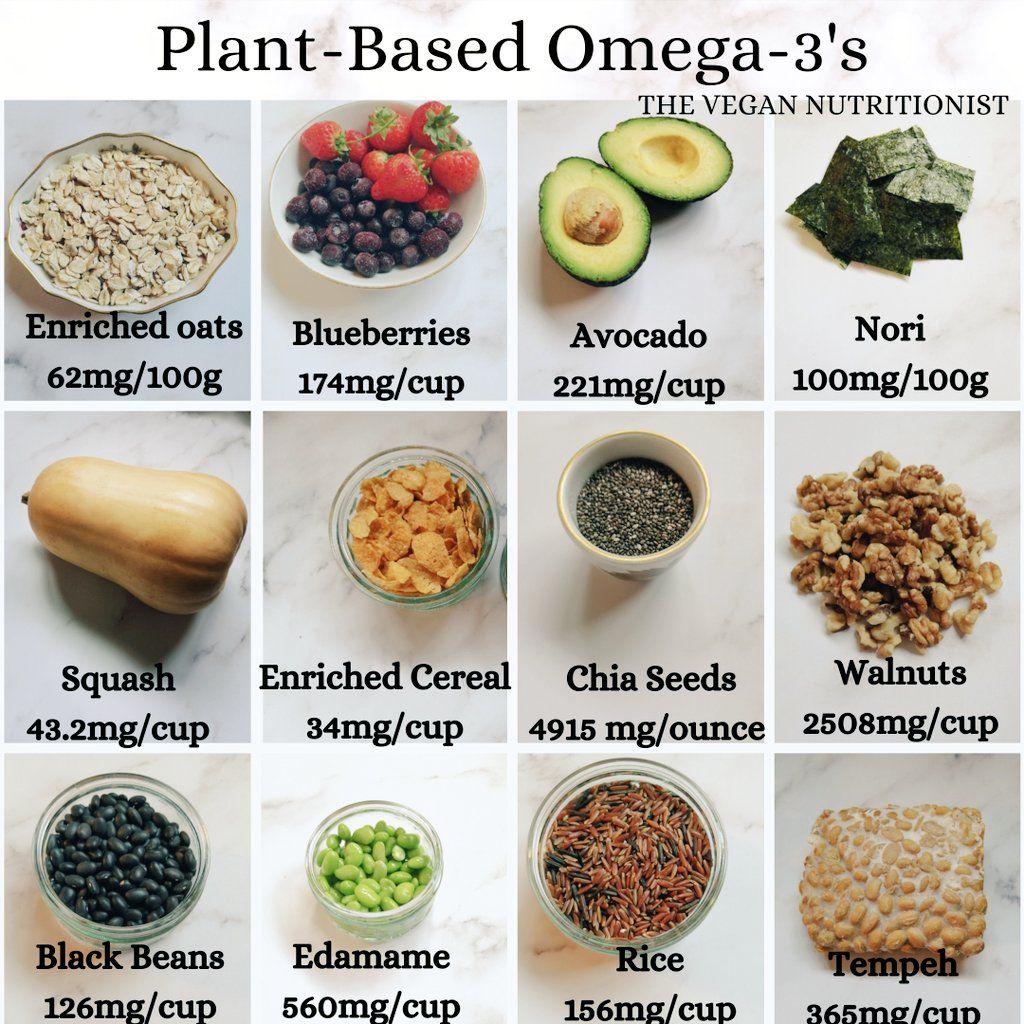
Iron
Iron is a nutrient that carries oxygen in the blood. It’s also essential for energy metabolism, red blood cell production, and DNA formation.
Inadequate Iron consumption may lead to anemia, often characterized by fatigue, pale skin, palpitations, shortness of breath, and light-headedness.
Iron exists in two forms; heme and non-heme.
Heme is present in animal products, whereas non-heme is found in plants.
Although heme Iron is said to more easily absorbed into the body than non-heme, new research suggests that heme Iron is toxic to the human body, increasing the risk of cancer, stroke, heart disease, and metabolic syndrome, so if this is the case, then ensuring adequate intakes of non-heme Iron with Iron boosting foods combined is necessary. Watch a video with more info here.
To ensure the Iron you eat is being absorbed, always pair your Iron-rich foods with Vitamin C-rich foods as Vitamin C aids Iron absorption.
The best non-heme Iron-rich foods include
- Leafy green vegetables like spinach, kale, collard greens, and swiss chard
- Nuts and seeds
- Legumes such as beans and lentils
- Whole grains
Also, avoid coffee and tea with meals and reduce your daily consumption if it is in excess of 2 cups as it will likely inhibit Iron absorption.
Iron supplements are usually not necessary, and they may be harmful in excessive amounts. Only consider an Iron supplement if you’ve been tested and your hemoglobin is low, then alongside supplementation look to increase natural Iron in your diet and look at combining Iron rich foods with foods high in Vitamin C and Beta Carotene to help increase absorption.
For more information on how to beat anemia on a vegan diet, click here.
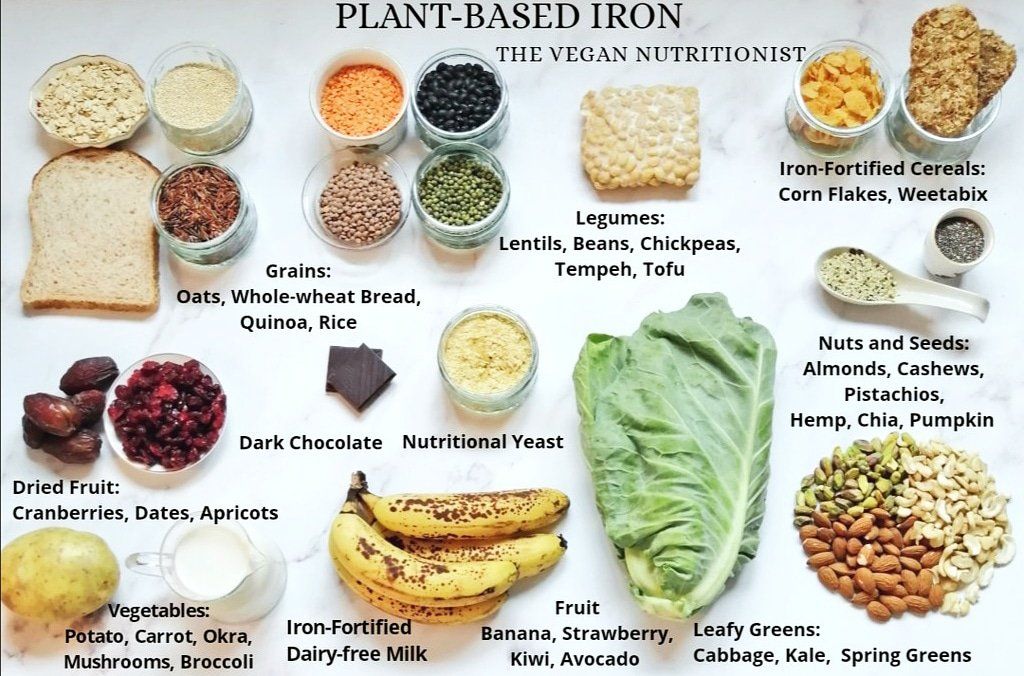
Calcium
Calcium is an essential mineral needed for nerve signaling, muscle functioning, heart health, and strong bones and teeth.
Although plant foods are high in calcium, such as mustard greens, kale, broccoli, legumes like chickpeas, beans, and lentils, nuts, and seeds,
Research shows that the plant-based foods alone can have insufficient amounts, so to prevent the risk of developing fractures, it is important to incorporate calcium-fortified plant-based milks into your daily diet, this is done quite easily at breakfast time with your cereal, added to hot drinks throughout the day, and unsweetened versions are also great to cook main meals with.
Vitamin D
Vitamin D is a hormone produced by the skin after exposure to sunlight, it is not usually found in plant foods although mushrooms can contain small amounts it is not enough.
Animals in agriculture such as dairy cows are fed fortified food with Vitamin D, so that concentrations can be found in their milk.
As vegans do not drink animal milk, and all humans do not easily get adequate sunshine all year around, it is advised to supplement directly.
Click here to view my recommendation of a whole food plant-based supplement, use the code wyles15 for a 15% discount.
Protein
Protein from animal-based sources can interfere with your health and fitness goals in several ways such as extra body fat, stress on your liver and kidneys, dehydration, unbalanced gut flora and leaching of essential bone minerals.
As protein and its array of amino acids are the primary building blocks for your muscles, bones, and many hormones. You cannot live without it.
Abundant protein is found in whole plant foods and these plant proteins can help protect us from many chronic diseases. There is no need to track protein intake or use protein supplements with plant-based diets; if you are meeting your daily caloric needs, you should be getting enough quality and quantity of protein.
Many of today athletes changing to a plant-based diet are experiencing and documenting a 'game-changing' effect in their sporting performances.
Still not sure? The strongest mammals on the planet eat a plant-based diet!
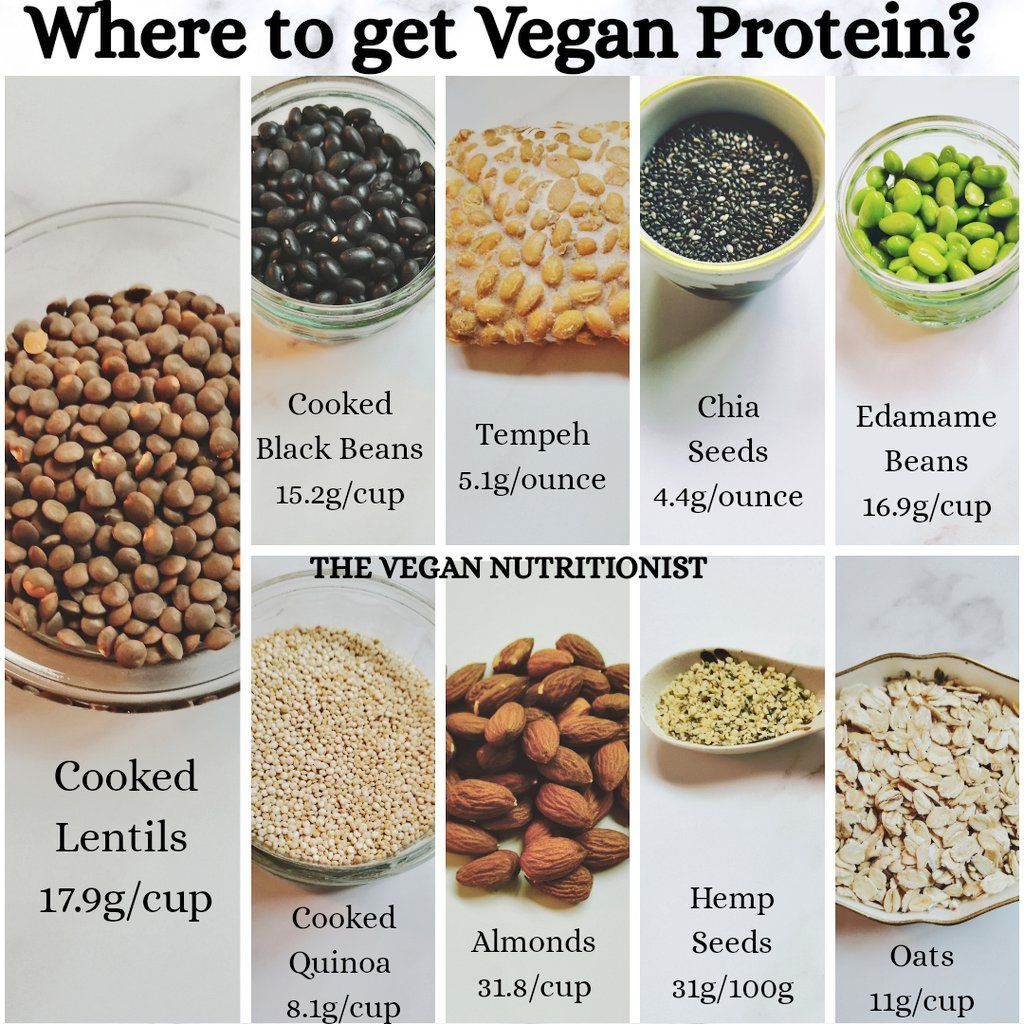
Basic cooking tips and techniques:
A basic understanding of proper food safety practices should be required of all people who cook for others. Proper food preparation and handling can greatly reduce the risk of foodborne illness or toxicity and this includes cooking plant-based only meals. Before cooking, wash all fresh produce thoroughly under running cold water and dry with a clean cloth or paper towel before use. You can also soak your produce in a solution of water with apple cider vinegar and salt to dissolve chemical pesticides and herbicides if using non-organic produce. I do this with my produce before putting it away in the fridge or cupboard, so I can grab it and give it a quick rinse before using it. Read more here.
Wash your hands before and after handling food and any utensils or surfaces that come in contact with it to help prevent the spread of bacteria. You can use distilled vinegar with lemon/orange peel to clean work surfaces instead of chemical-based anti-bacterial sprays. This reduces the risk of these chemicals getting into the food you are consuming.
To reduce oil consumption when losing weight use silicone mats and other bakeware in place of non-stick spray coatings to reduce fat intake per serving. You can also water saute to reduce oils added when frying. For example, if you are making a tofu stir-fry, you can bake the tofu (marinated or plain) with a silicone baking mat oil-free, and you can water saute the vegetables in a wok to also avoid adding oil!
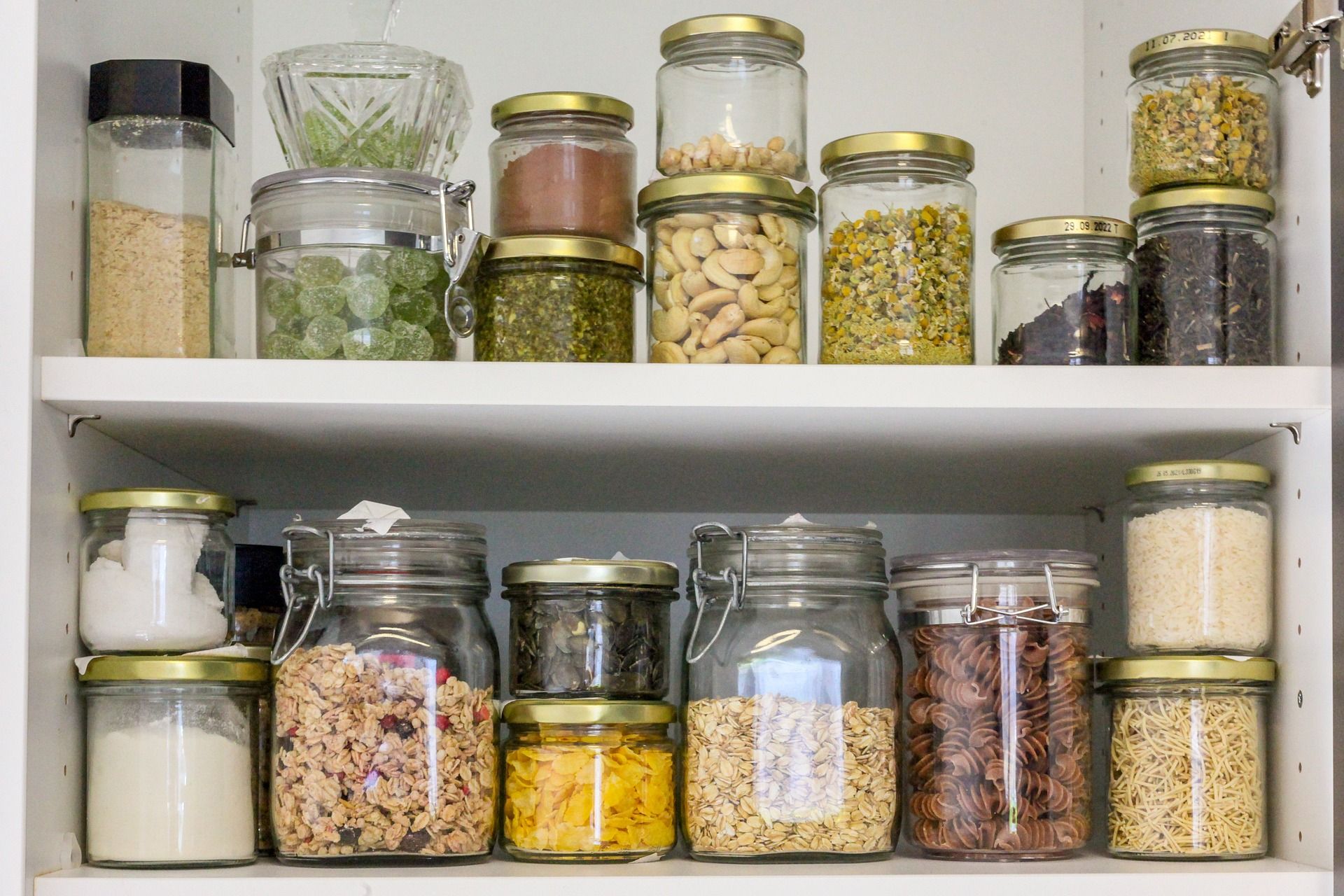
How to stock your pantry with healthy plant-based ingredients:
When purchasing plant-based ingredients it is important to choose products with minimal processing and no artificial ingredients and preservatives.
Aim to bulk buy your favourite types of foods and key ingredients to the recipes you love such as chickpeas, soy sauce, and wholewheat pasta, so you can plan your meals for the week ahead of time, shop mainly for fresh foods to keeps costs low and avoid missing key ingredients.
Also aim to include plenty of fresh fruits and vegetables in your diet as they provide essential nutrients and fibre but contain relatively few calories so are ideal for both weight loss and healthy eating.
Water is often a forgotten source of fluid during the hot summer season but it is essential to your health. A lack of fluids in the body can lead to dehydration which can have serious effects on your health.
The quality of your water is just as vital as the quality of your food sources, be sure to avoid drinking tap and water bottled in plastic as these both contain harmful chemicals and microplastics that can be harmful to your body. Invest in a distiller or a high-quality water filter to reduce the level of toxicity in the water you are drinking.
Pure water is extremely important when it comes to maintaining good health and our health is impacted significantly by the type of water we drink on a daily basis so be sure to invest in pure water as this can dramatically improve your overall health and prevent disease. Read more about the types of water you should be drinking here.

How to meal prep for the week using plant-based ingredients:
Meal prepping is a great way to ensure that you have quick and easy meals available to reach for when you are on the go. It is also a great way to ensure that you stay on track with your nutrition goals by limiting the amount of unhealthy foods that you consume during the week.
Start by making a list of the food you enjoy eating and then divide this list into days of the week and work out how much time you need to spend preparing each meal so that you can find times in your busy schedule that are convenient for you.
Once you have your list in place you simply need to follow a recipe each week and cook up a batch to last you for the whole week ahead. There are many recipes available online that you can use as a guide or you can simply create your own meal combinations to suit your tastes and preferences.
To help you get started with meal prepping I have put together this list of this healthy vegan classics which you can bulk prep and freeze, including a couple of meal prep lunch recipes that will help get you started.
These recipes are quick to make and can be eaten cold or reheated in the oven so are a great option for busy weeknights.
You can also enjoy leftovers for lunch the next day by popping them in the fridge or freezer to enjoy throughout the week.
Smokey Kale and Lentil Soup Recipe with olives (thevegannutritionist.co.uk)
Cookie Dough Energy Balls (thevegannutritionist.co.uk)
White Bean and Roasted Veg Buddha Bowl (thevegannutritionist.co.uk)
Mexican Buddha Bowl Meal Prep (thevegannutritionist.co.uk)
Mediterranean Quinoa Salad (thevegannutritionist.co.uk)
Share this Post!

Reach out by sending me an email
Need assistance with your diet or health goals? I'm here to help. Send me a message and I'll be in touch.
